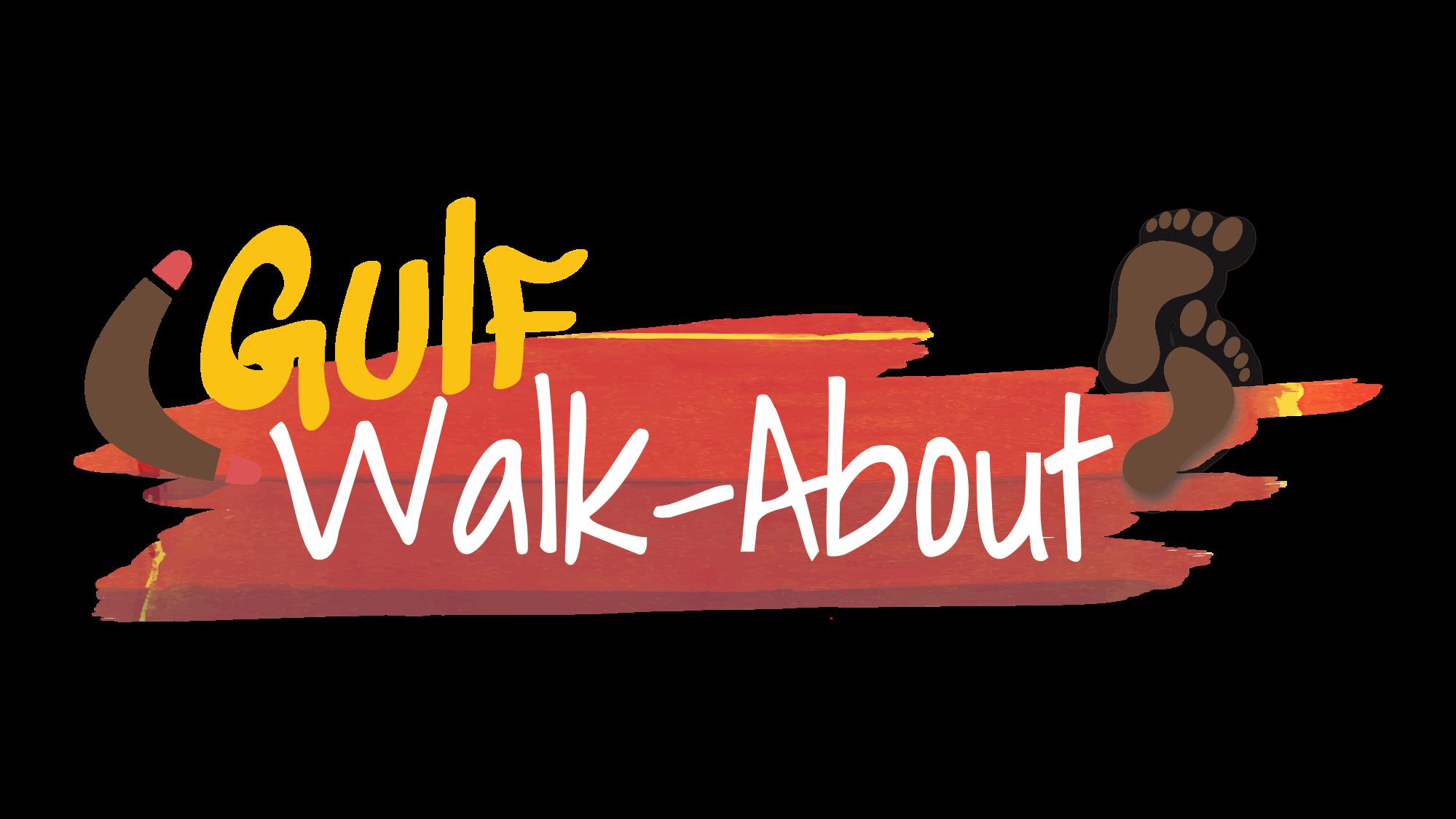
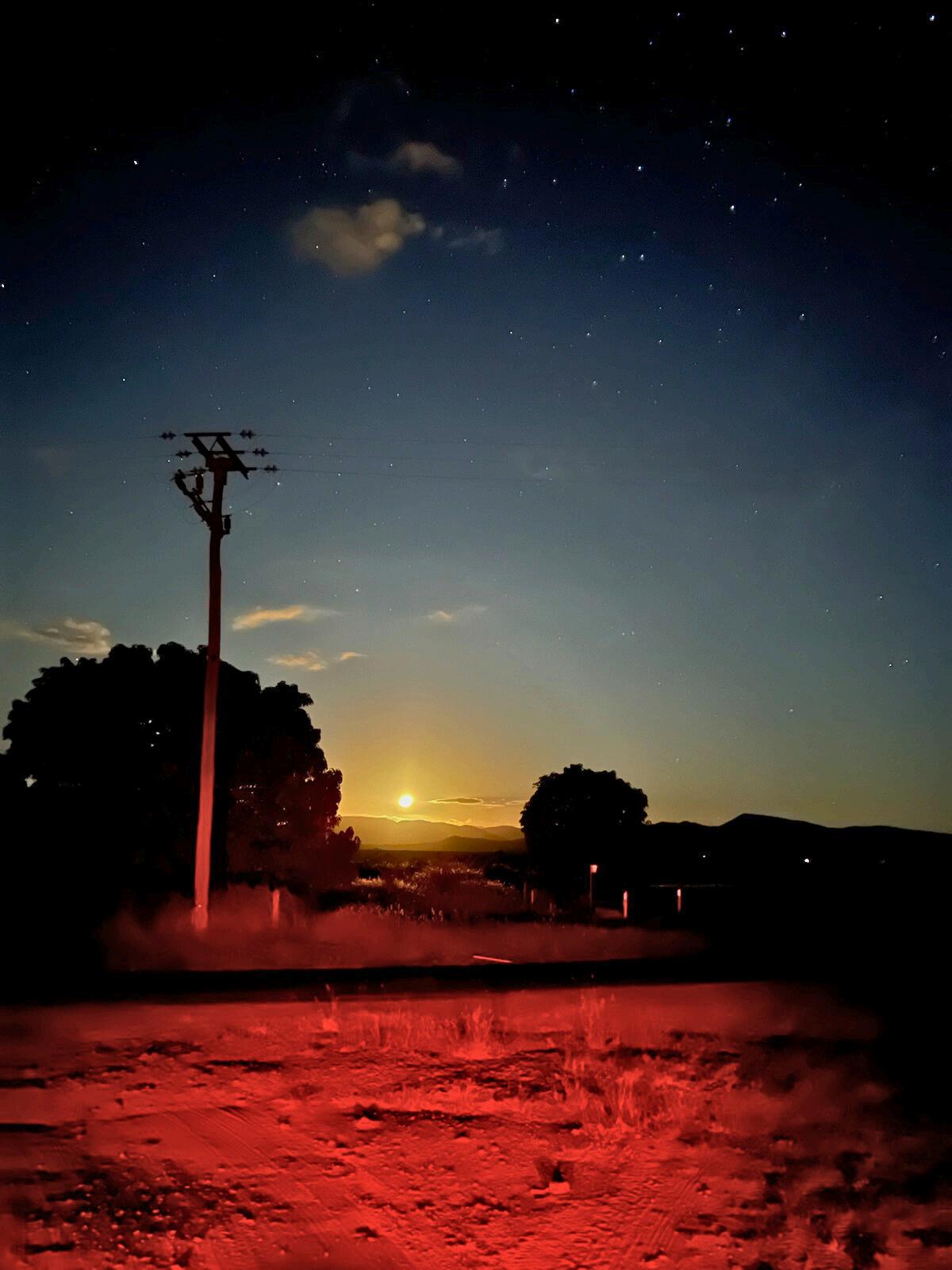
Aboriginal and Torres Strait Islander readers are advised that the following publication may contain images of people who are deceased.
Keeping the community up to date June 2024
On 18 August 2023, the Wakaman people were successful in their native title determination. On 18 2023, the in determination
The determination provides the right to access and care for country in accordance with care for country traditional law, extending over 14,861 square kilometres of land in Chillagoe traditional extending over square kilometres of land Chillagoe
After a more than 20-year fight for land rights, the Honourable Justice Collier presented a than 20-year recognition to the Wakaman people during a ceremonial on-Country sitting a on-Country sitting.
The Federal Court accepted and acknowledged the Wakaman people's proven, unbroken accepted and acknowledged the people's proven, unbroken connection to more than 715,000 hectares of their traditional homelands. Despite the connection than 715,000 hectares of their traditional homelands. Despite the devastating history of being removed from their land and restricted from practicing culture of removed from their land and restricted from culture during the aggressive colonisation period, the Wakaman people have maintained a strong aggressive the Wakaman have strong connection to their country. to country.
Big shout out to Deb Alvoen for your hard work and dedication in leading Wakaman RNTBC Big shout Deb Alvoen for your hard work and dedication in leading Wakaman in this successful claim this successful claim
Read the full story: National Indigenous Times Read the Indigenous
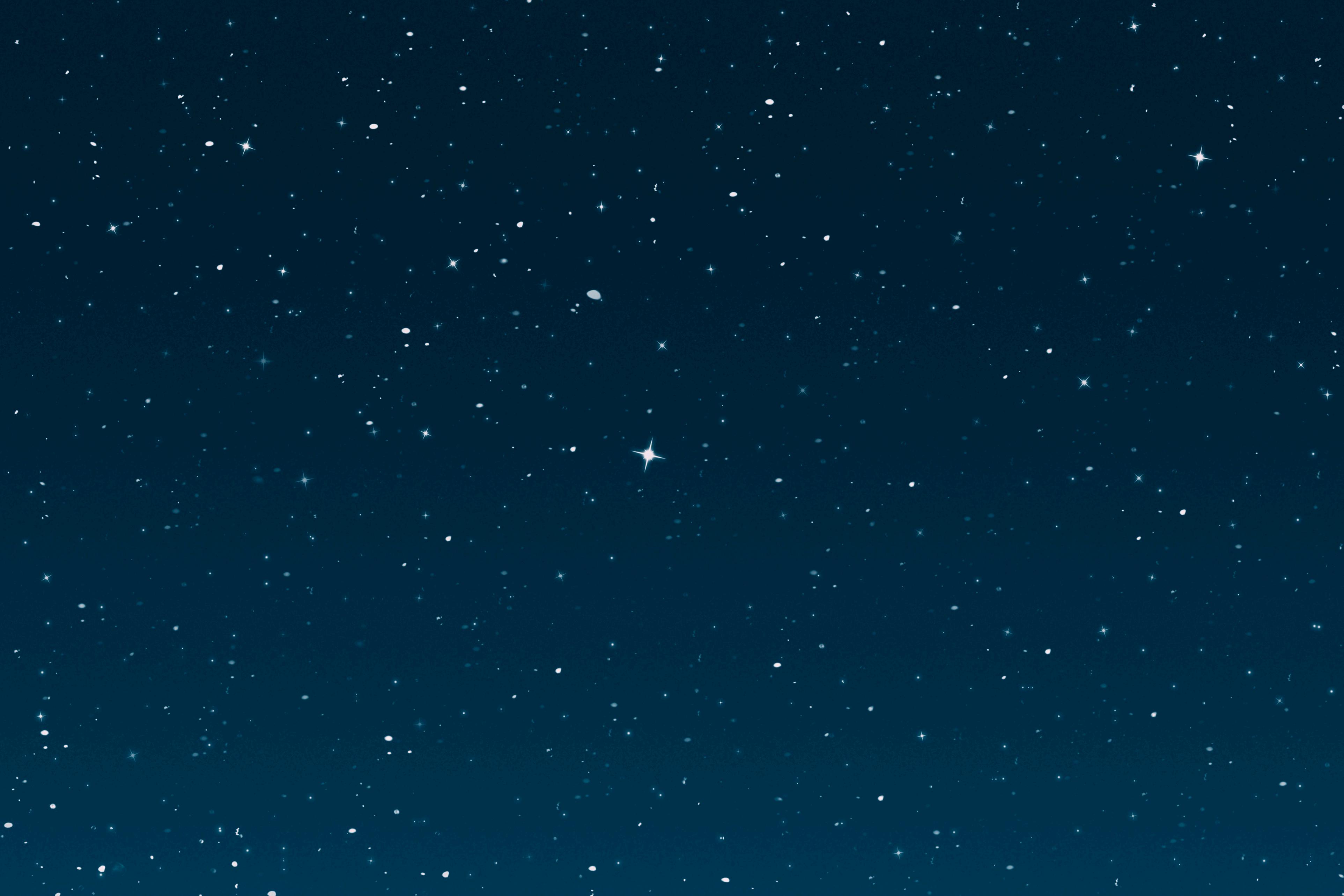
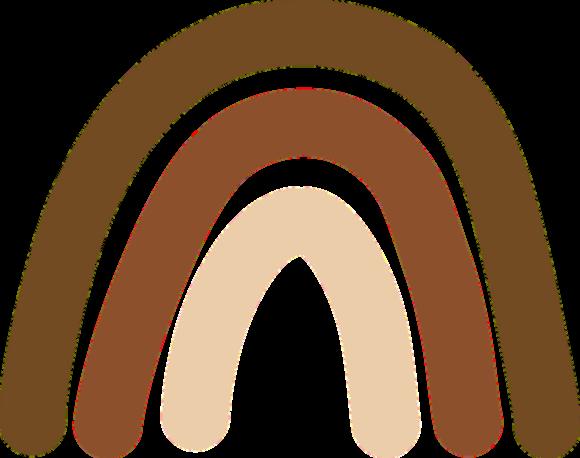
CIAF
Over four action-packed days, from Thursday 25 July to Sunday 28 July 2024, CIAF is destined to attract a colourful convergence of more than 30,000 individual visitors, community, artists, collectors, and industry practitioners to the Cairns Convention Centre and other selected venues
Visit ciaf.com.au for more details


Wakaman language makes revival in Chillagoe thanks to discovery
Papers have been discovered in the archive of the South Australian Museum that have words written in the traditional language of the Wakaman people
Deidre Brumby and Joseph Callope share a passion to see Wakaman's language revived.
‘I thought we'd lost it forever because our grandparents are all gone,’ said Deidre 'Language is very important. That's our identity, that's who we are, where we're from,' said Joseph.
Read the full story: ABC News
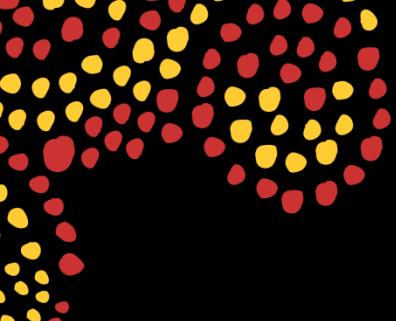
Elders Yarn About Youth Concerns
There is always worry in the voices of our elders when they yarn together about their mob in community, and our young people are their number one concern.
‘The links between cultural strength, cultural identity and young Aboriginal people’s vulnerability to suicide and selfharm, drug abuse and drug dependency is connected to our mobs not being on Country and being culturally isolated, losing connections to culture, language, corroboree, art and more,’ said DooleyMuluridji Elder Aunty Rhonda Dooley. Elders recently decided against applying for Junior Ranger funding as the workload for students would be too much
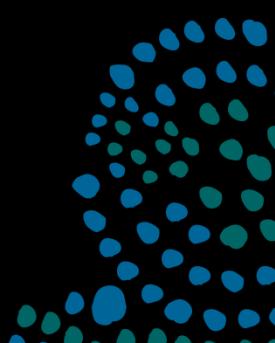
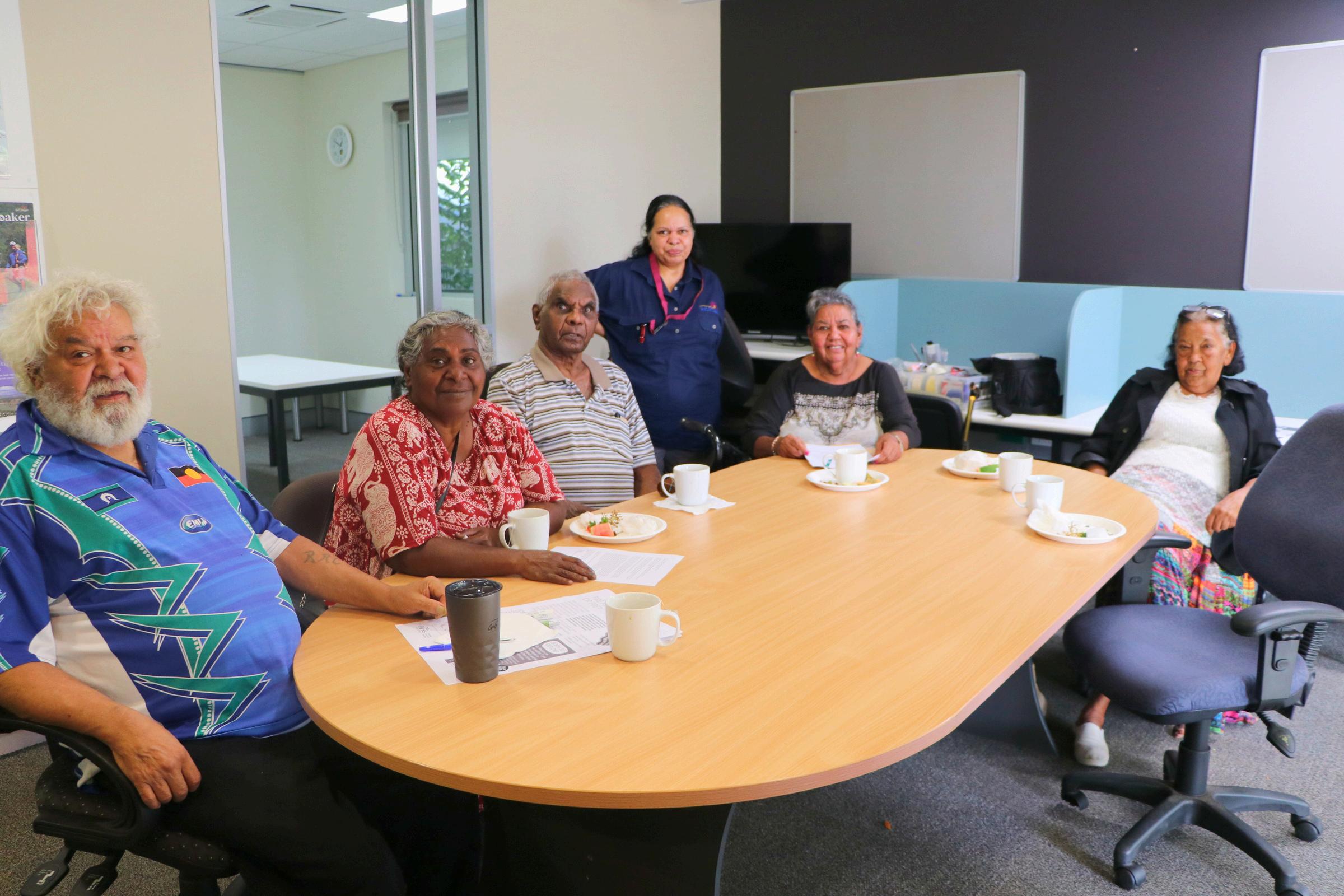
‘While the involvement of most nonIndigenous people and organisations with these issues is well meant, it’s not working; give authority back to the Elders of our region to build programs that take Indigenous young back to country to reconnect with their homeland and spirit,’ said Aunty Rhonda.
‘Our kids need to be back on Country, that’s where they can learn best, it’s good for their spirit and that’s good for them,’ said Moogai Tommy Mitchell.
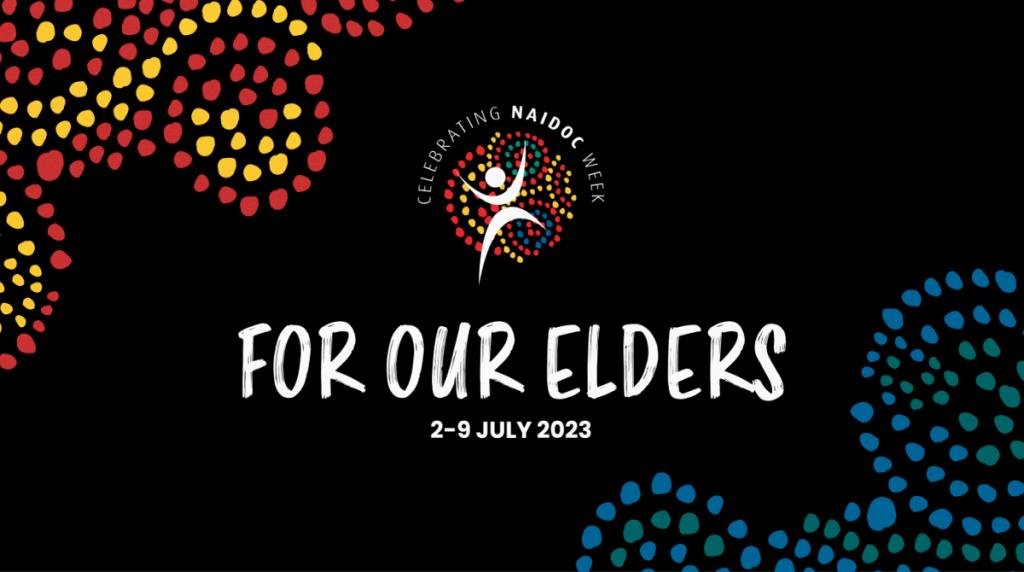
htps//wwwnadocorgau/awards/currenttheme#: :text Were%20proud%20to%20announcein%20our%20communtes%20and%20famies
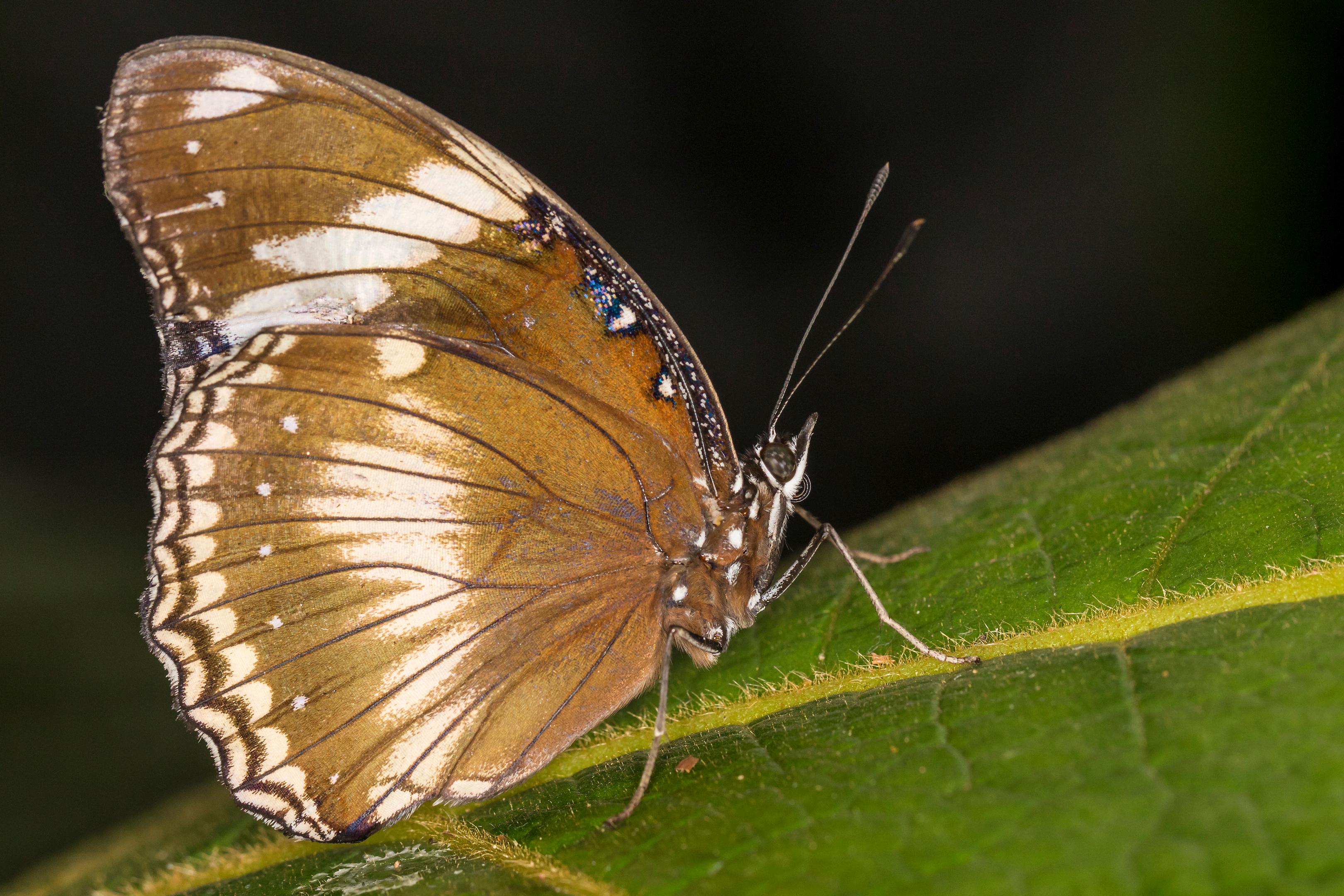

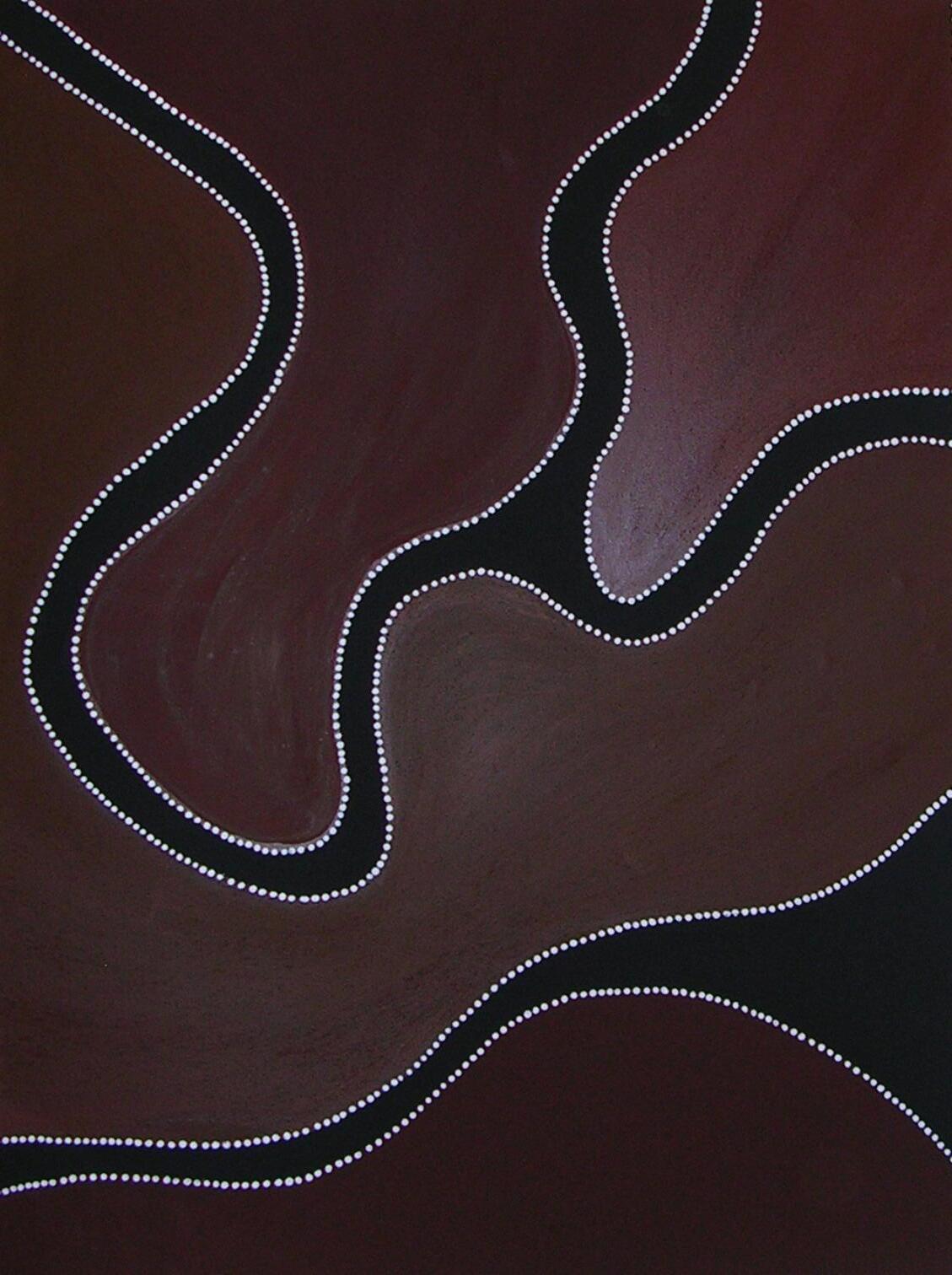
UPDATE FROM JAWIYABA WARRA ABORIGINAL CORPORATION
Yallada Lealin Ropeyarn
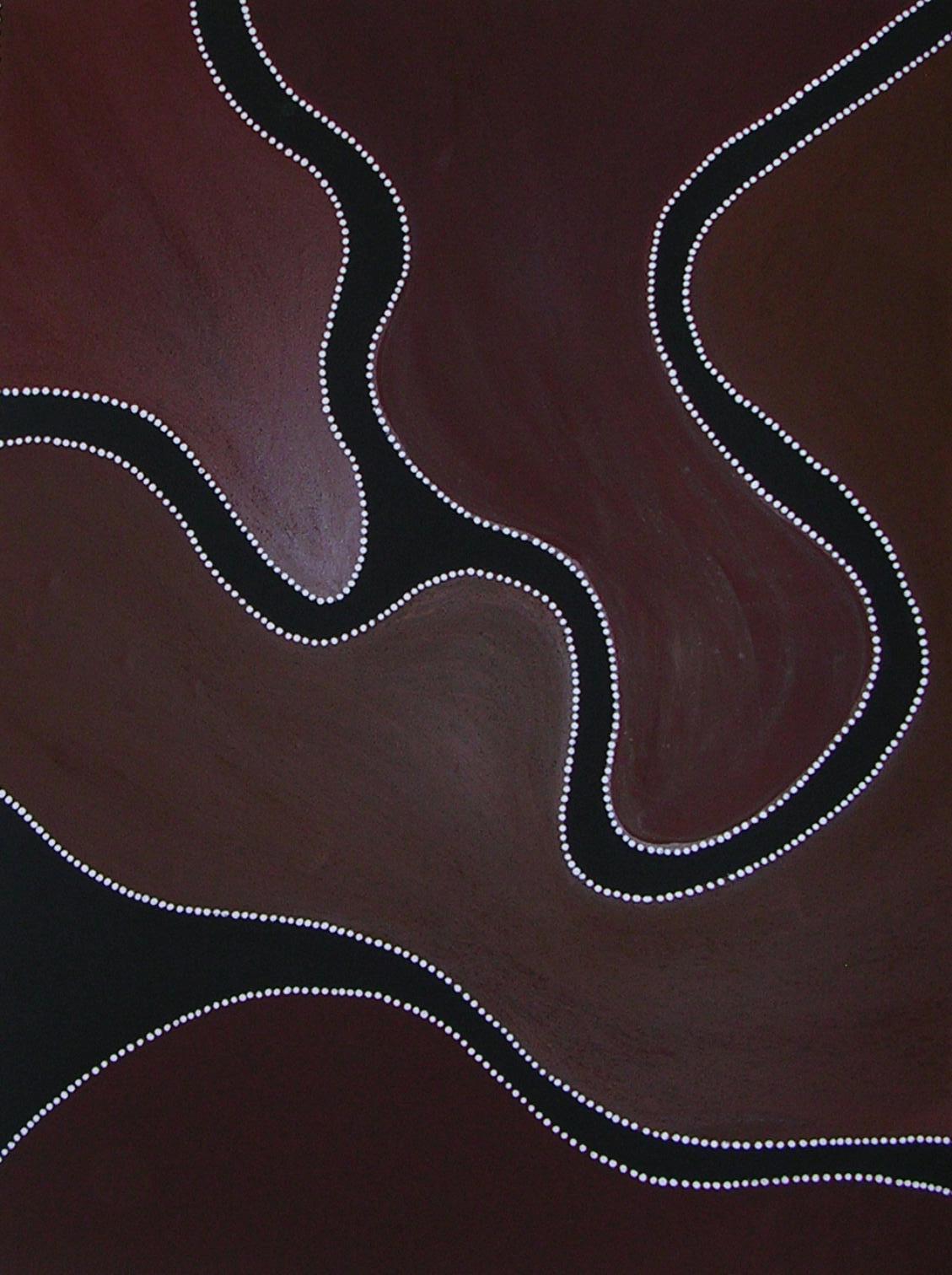
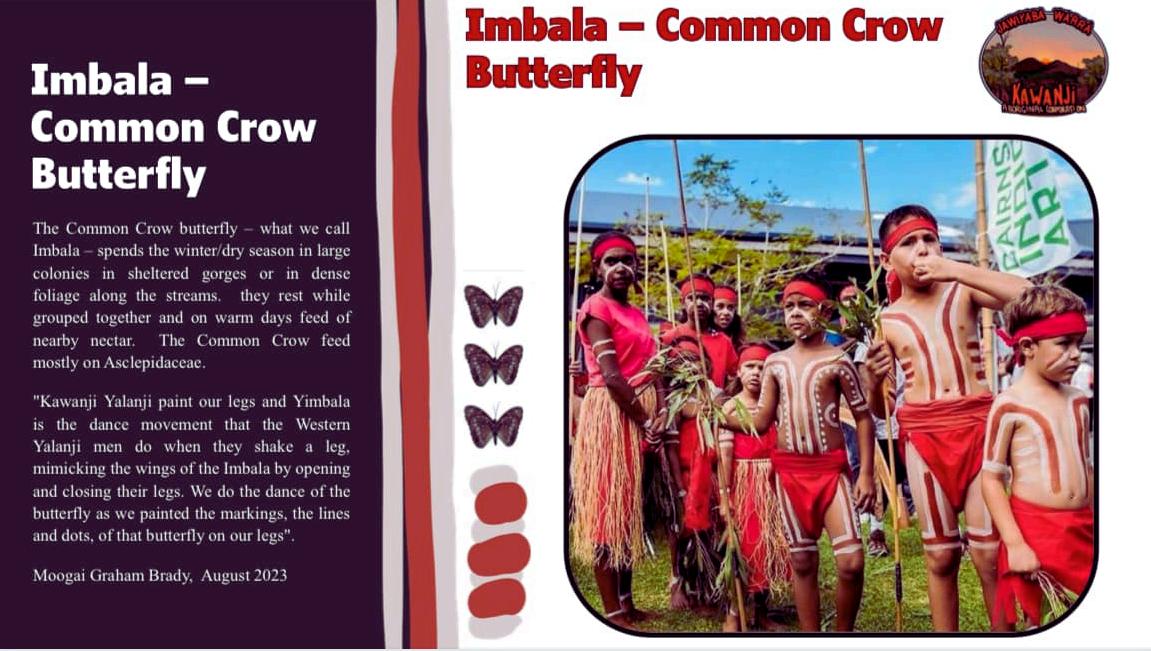
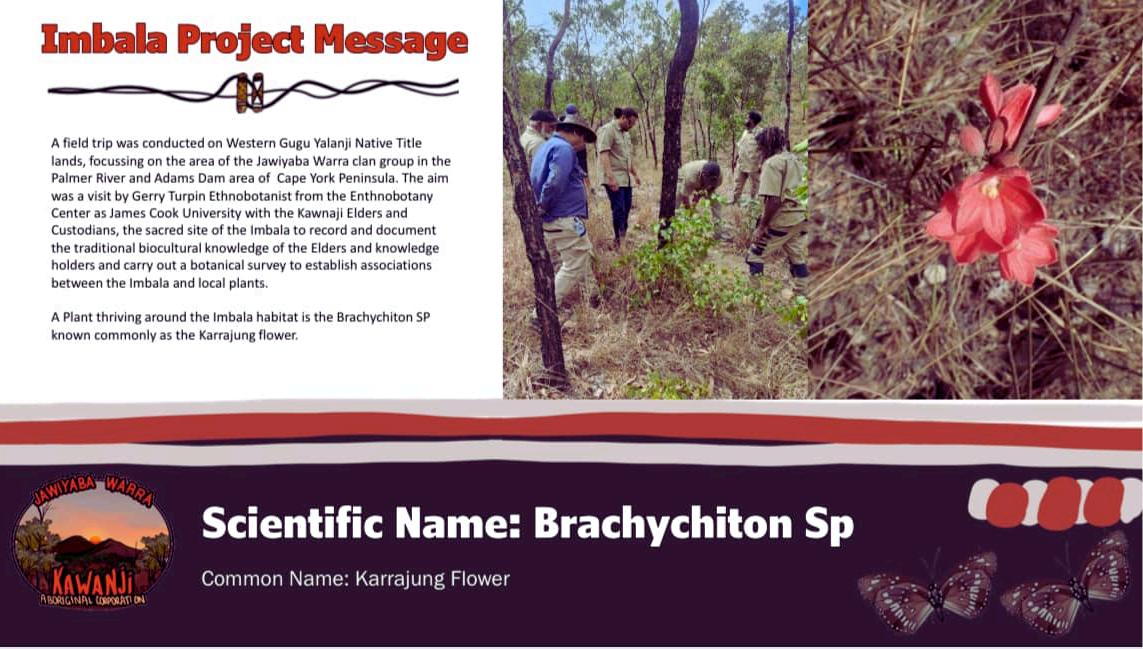
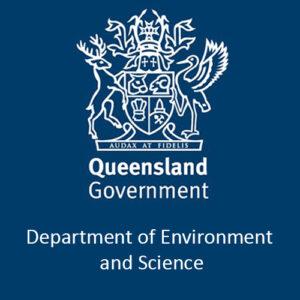
UPDATE FROM TAGALAKA
So far we have conducted two surveys of the freshwater turtle population at Littleton National Park with the Tagalaka Rangers and ecologist Jim Tait.
The first survey took place in the dry season last year and provided a baseline understanding of the turtle population and the potential impacts of feral pigs in the park. In the second survey (December), we revisited the same sites to increase the robustness of the population data and investigate seasonal variation.
As I write, a third survey is underway to further study seasonal variation, particularly in regard to trying to locate young turtles that have been absent in the previous two sampling rounds.
We will also be assessing the impacts of feral pigs in the national park, and prioritising sites to trial the use of turtle-friendly pig exclusion fencing to protect key wetland sites.
Alfred Owens Chair for Tagalaka Aboriginal Corporation
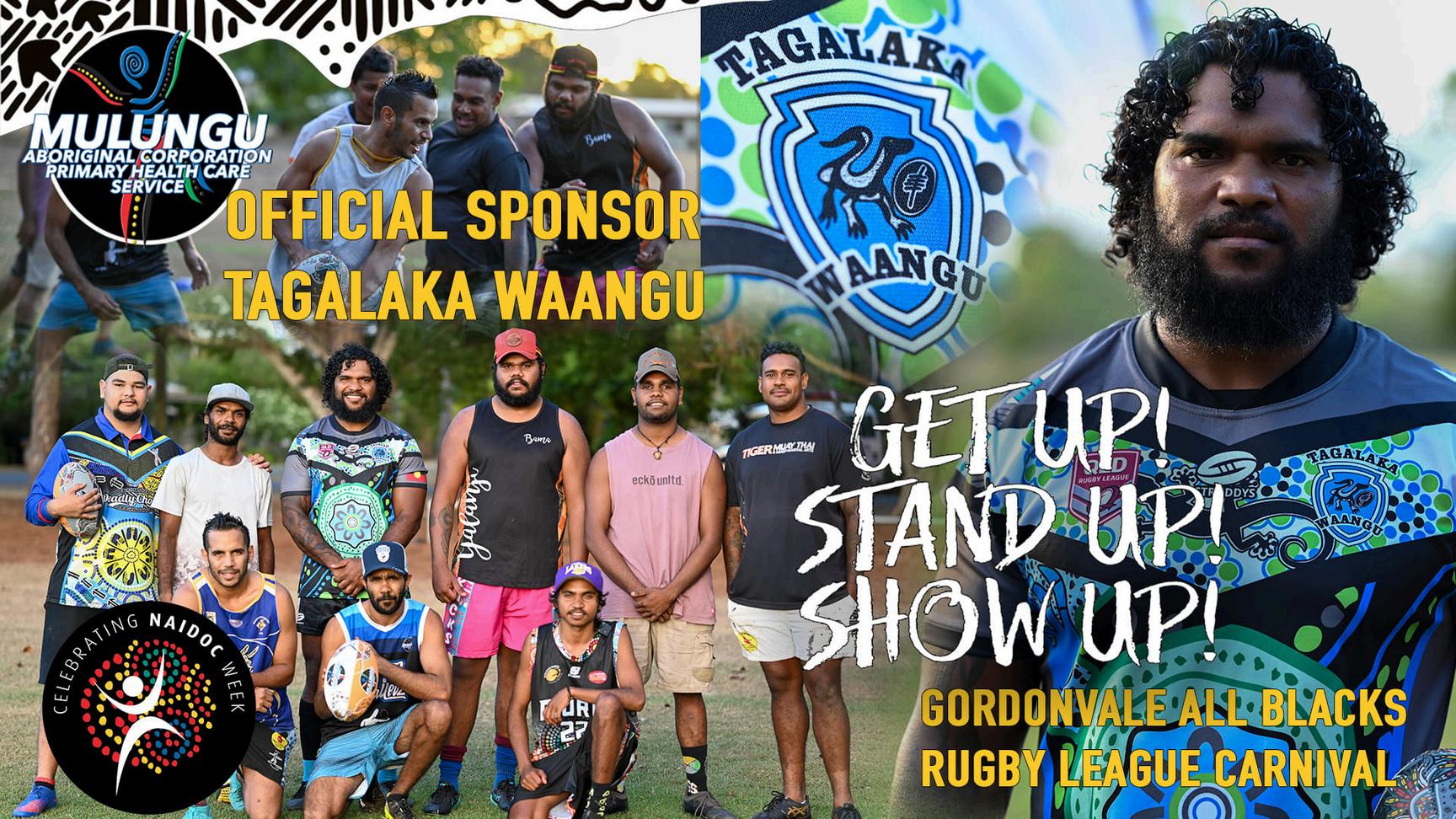
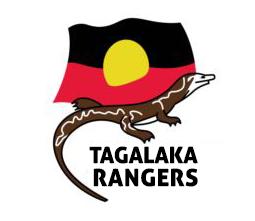
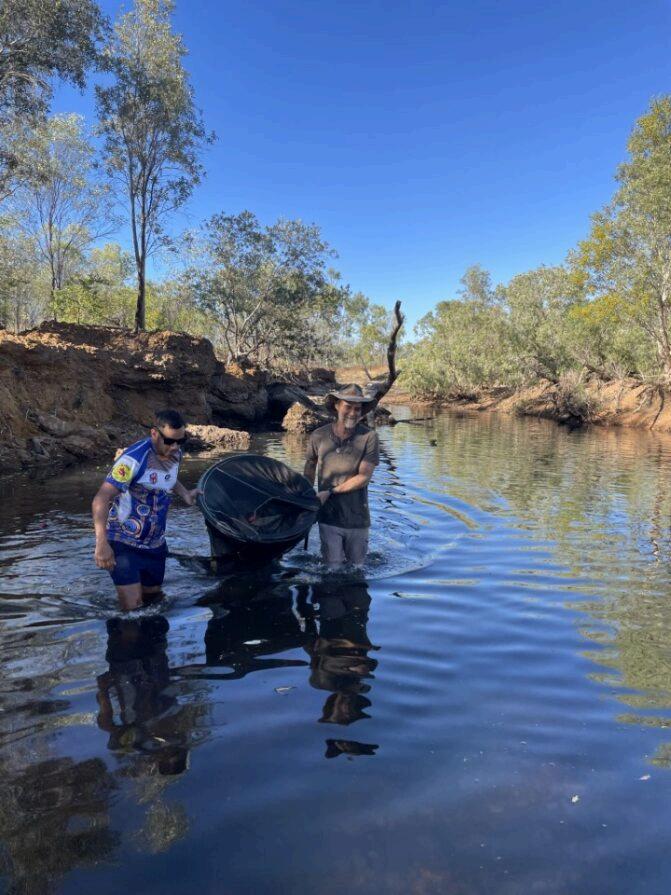

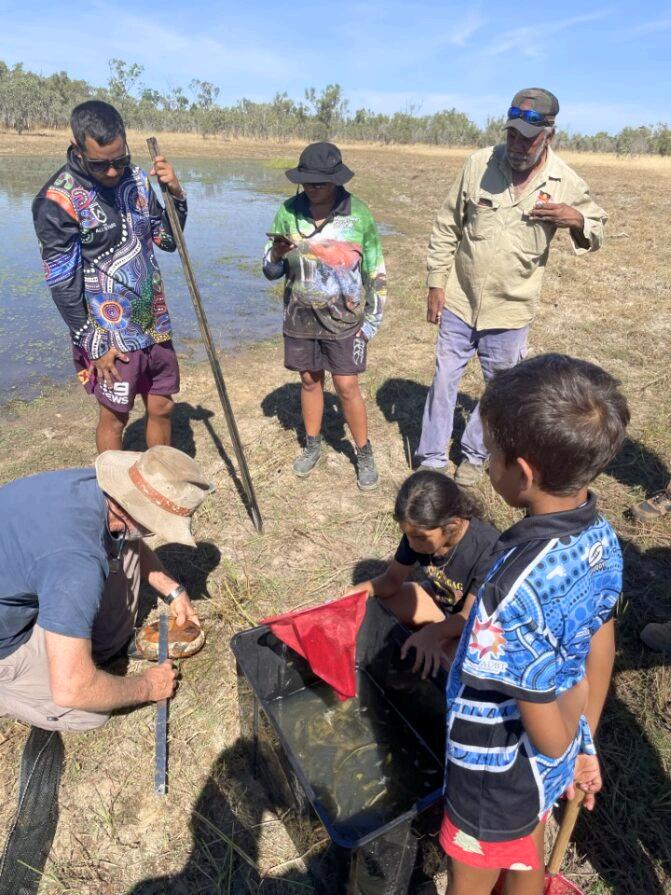
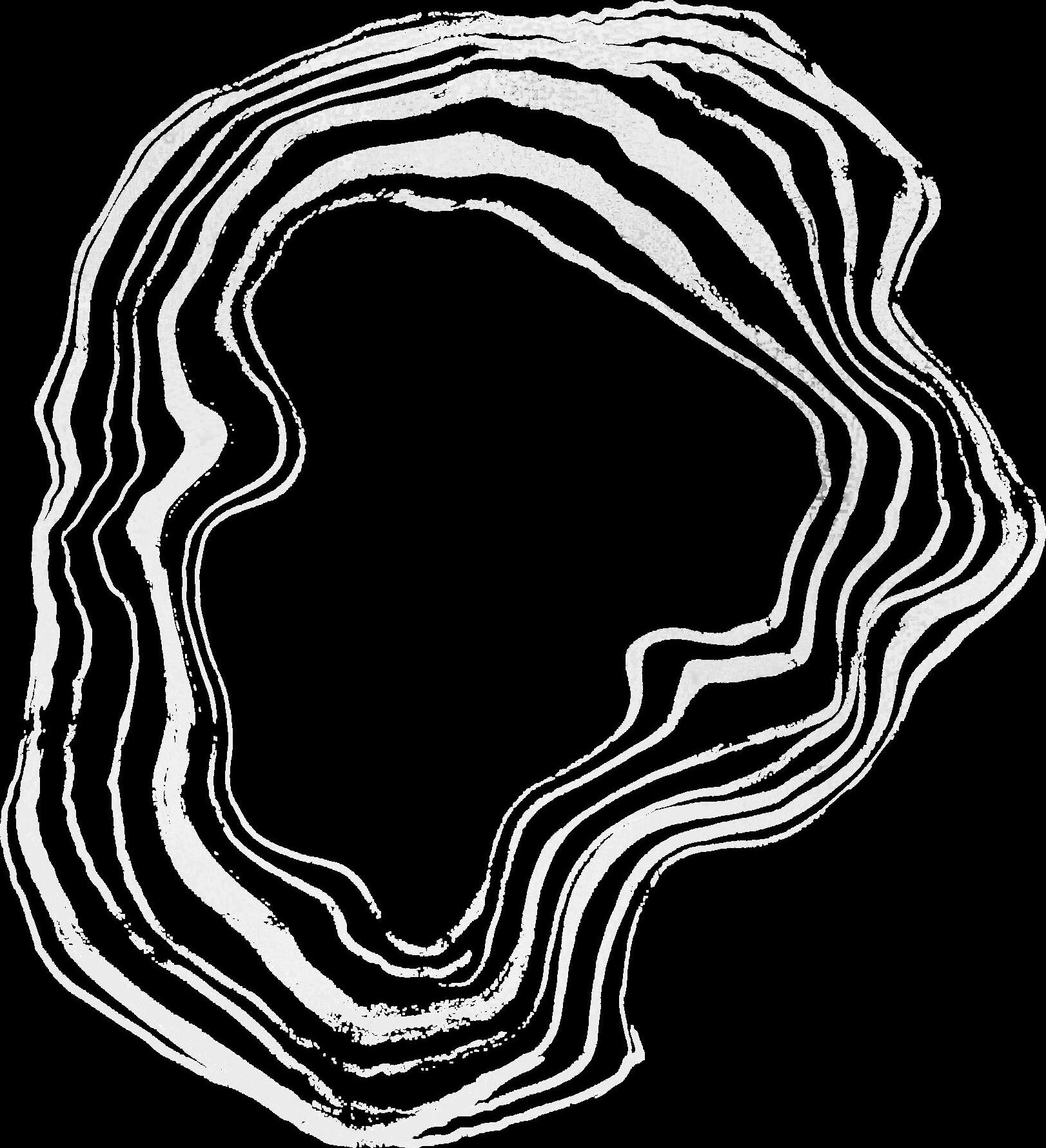
ABORIGINAL CORPORATION
www.facebook.com/tagalakarangers Email: admin@tagalaka com
BUNGARU MEN’S BUNGARU MEN’S BUNGARU MEN’S GROUP
GROUP GROUP
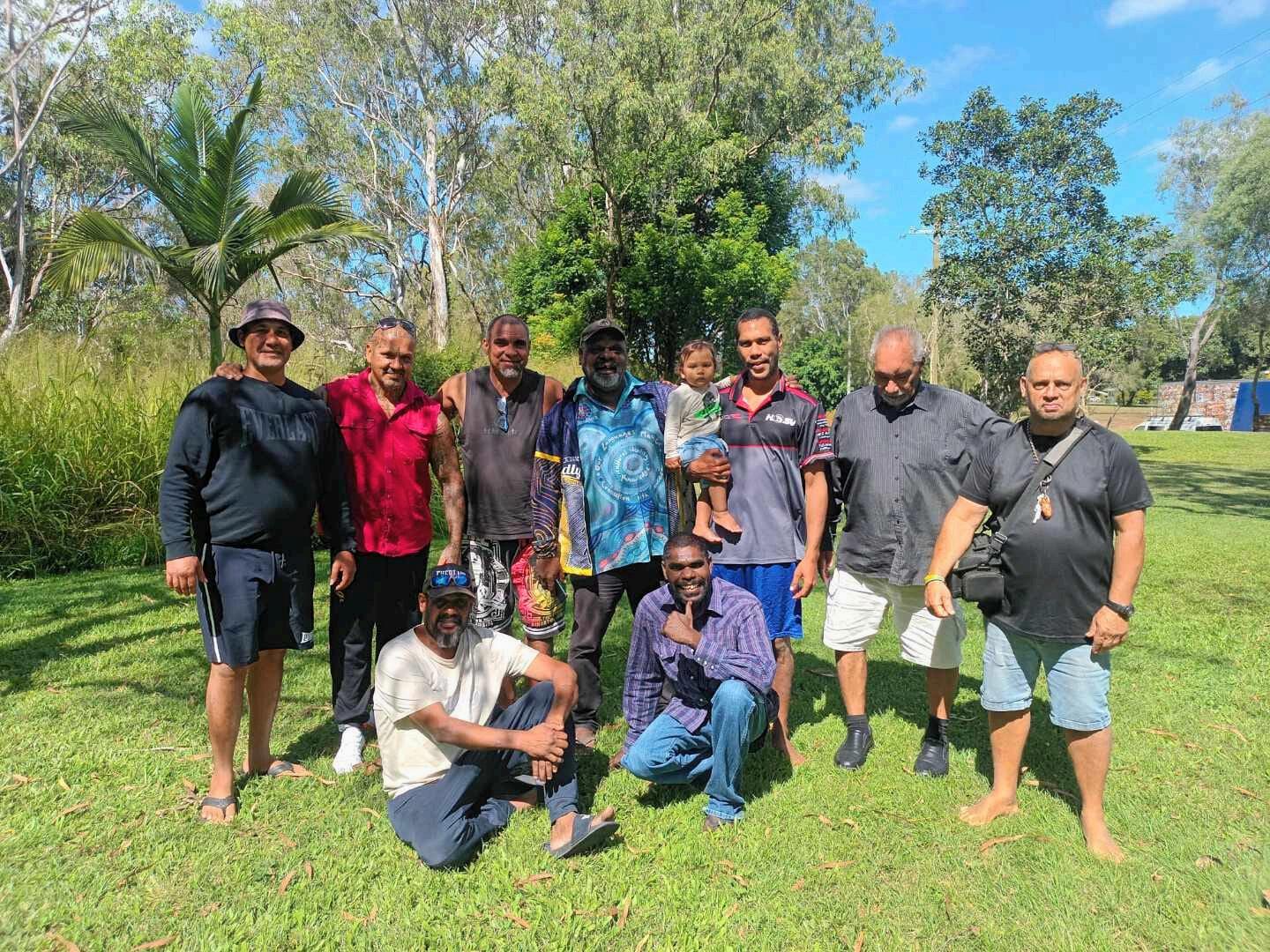
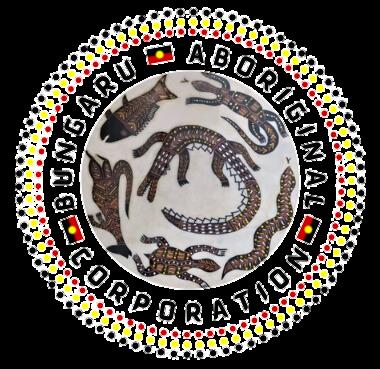
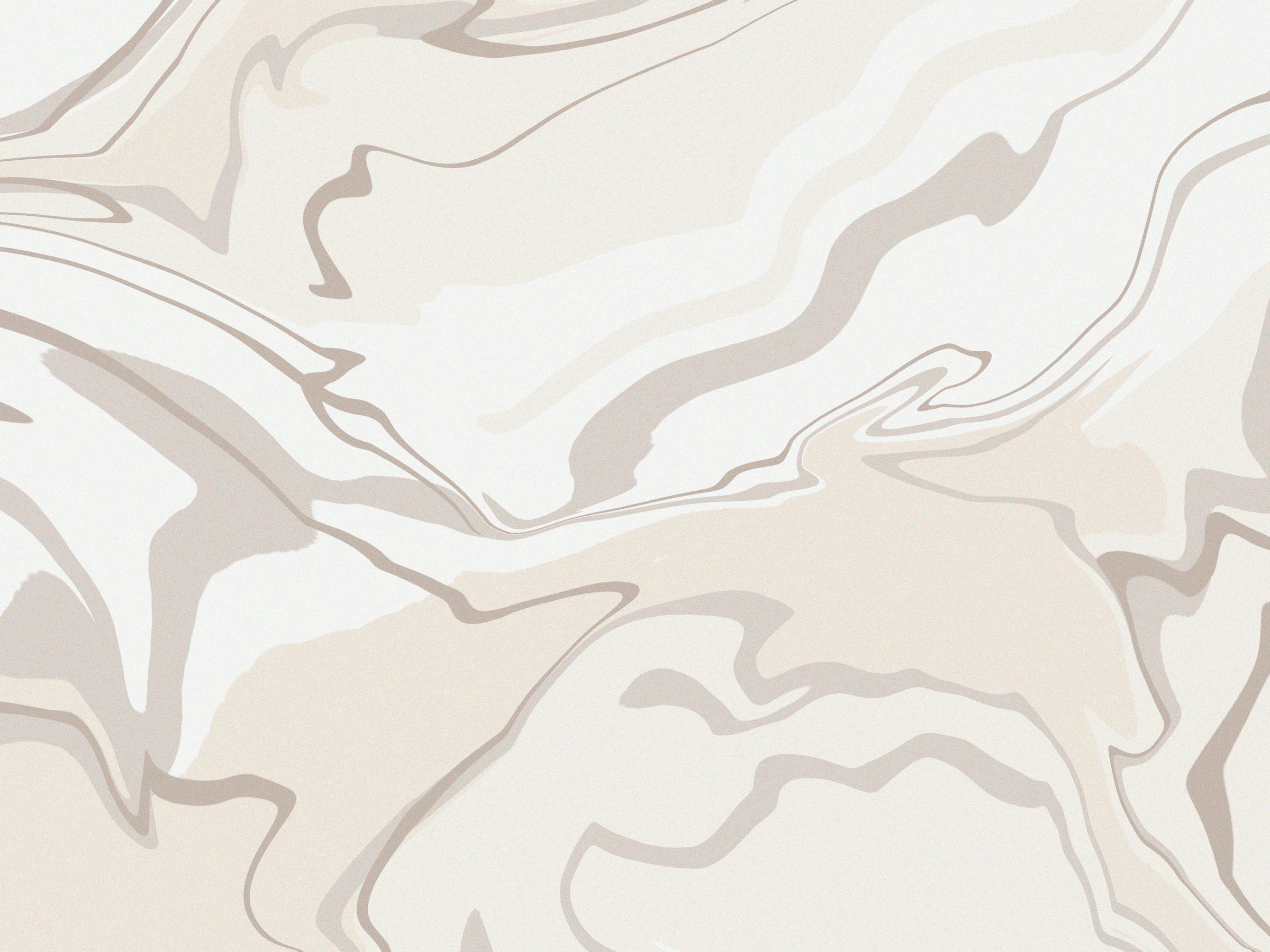
The group meets at 6pm every Wednesday at the Aboriginal Christian Fellowship, Yumba, Mareeba.
Bungaru Men’s Group fundraise to support their activities and camp where the men are encouraged to heal together and yarn about their problems.
Founding member, Joseph Callope, has been the chairperson for the past seven years, and over this time has done wonderful work in developing relationships, programs and opportunities to engage the members and wider community, and has been instrumental in linking key organisations to the group.
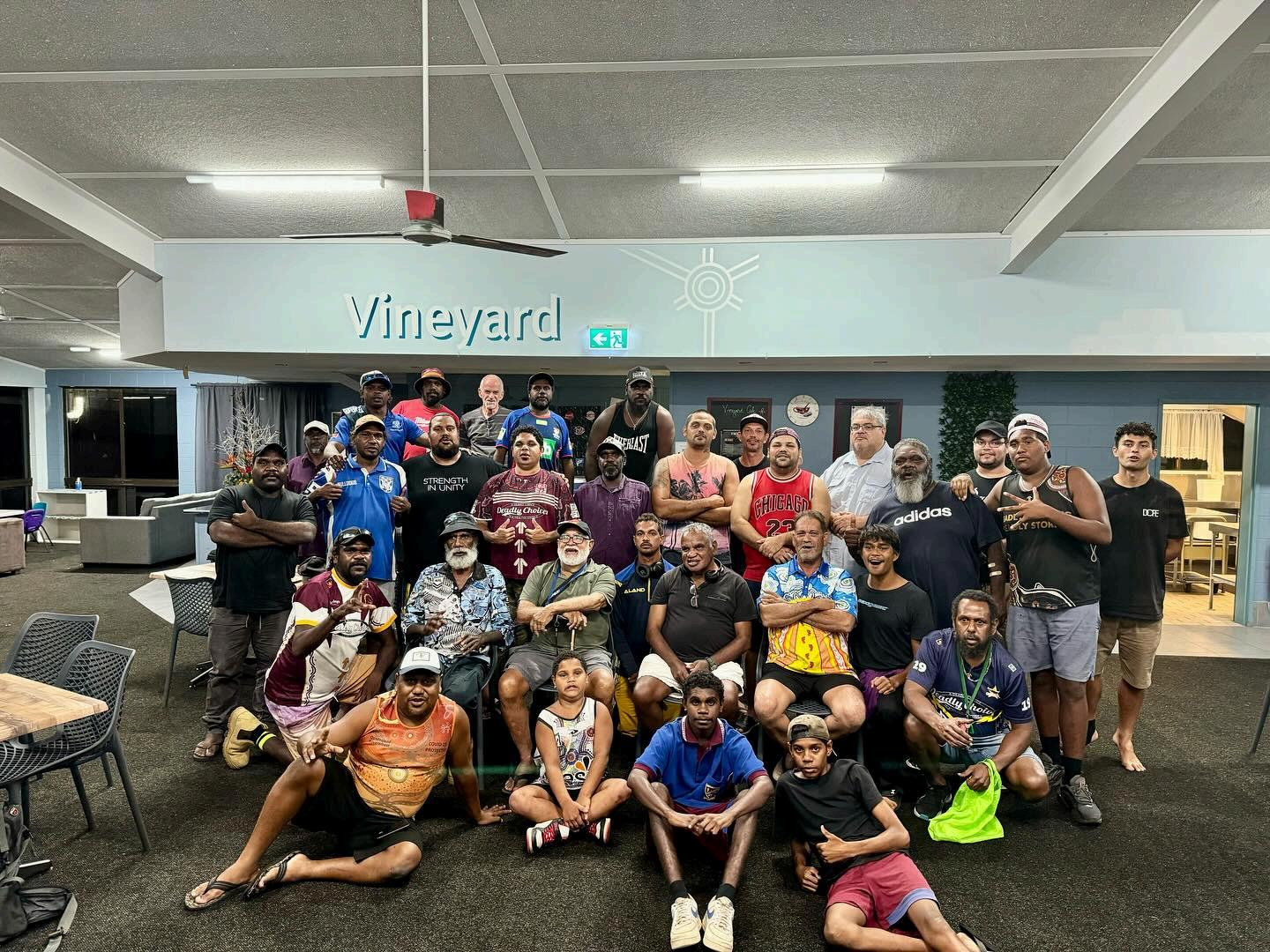
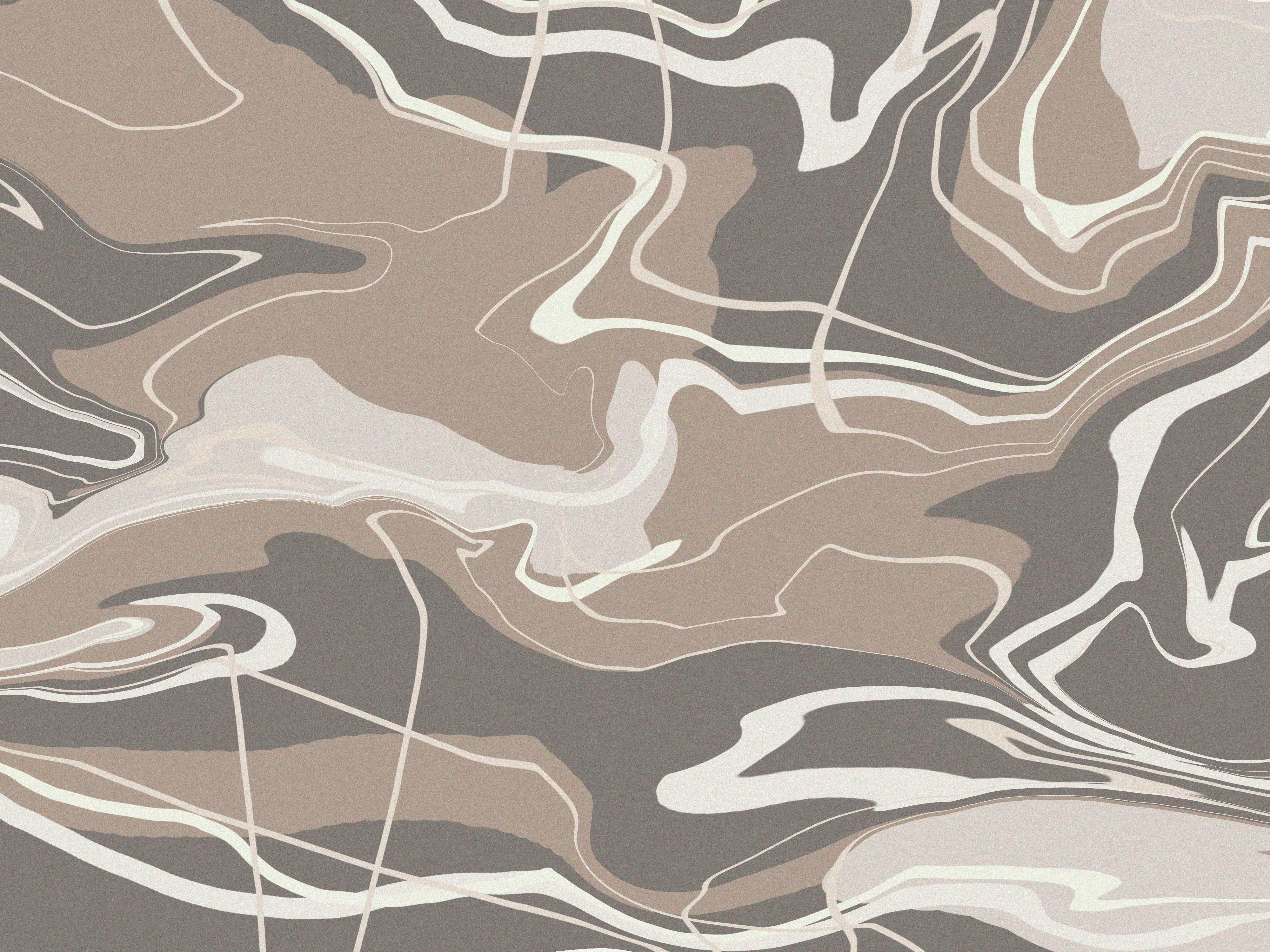

Gulf Savannah NRM's FNQ Fire Forum was held in March with more than 60 people attending the weekend-long event in Mareeba.
Attendees heard from a packed programme of expert speakers who covered topics including fire management models, Indigenous fire training programs and how to use drones for fire planning. Presenters included representatives from NAFI and ranger teams from across the Gulf and Cape York regions.
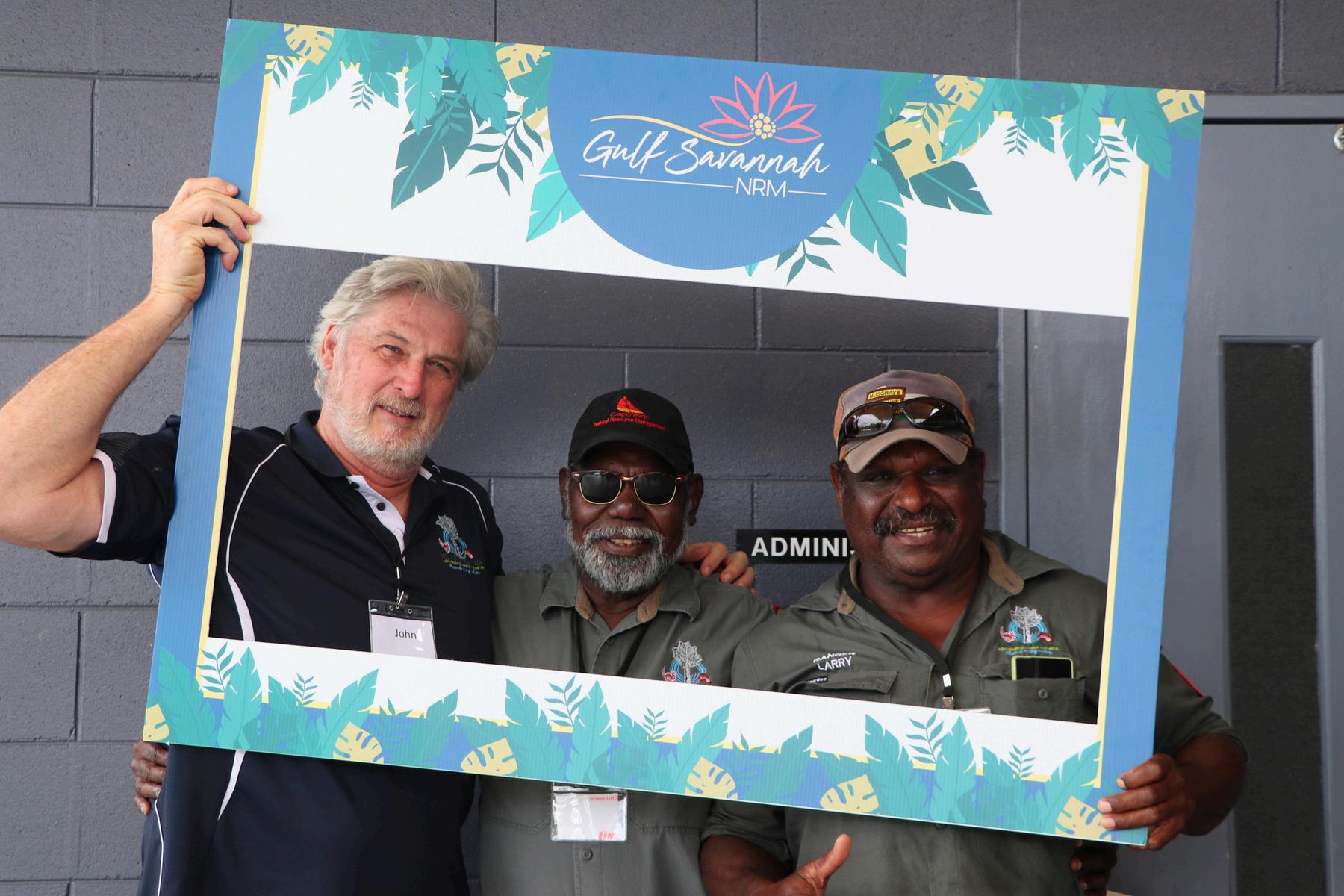
The forum marked the end of the three-year Fire Smart Mareeba Shire project. Through this initiative key areas of bushfire risk were identified to local people, and training was provided in bushfire preparedness, remote first aid, risk mitigation and fire management at both a property and community level

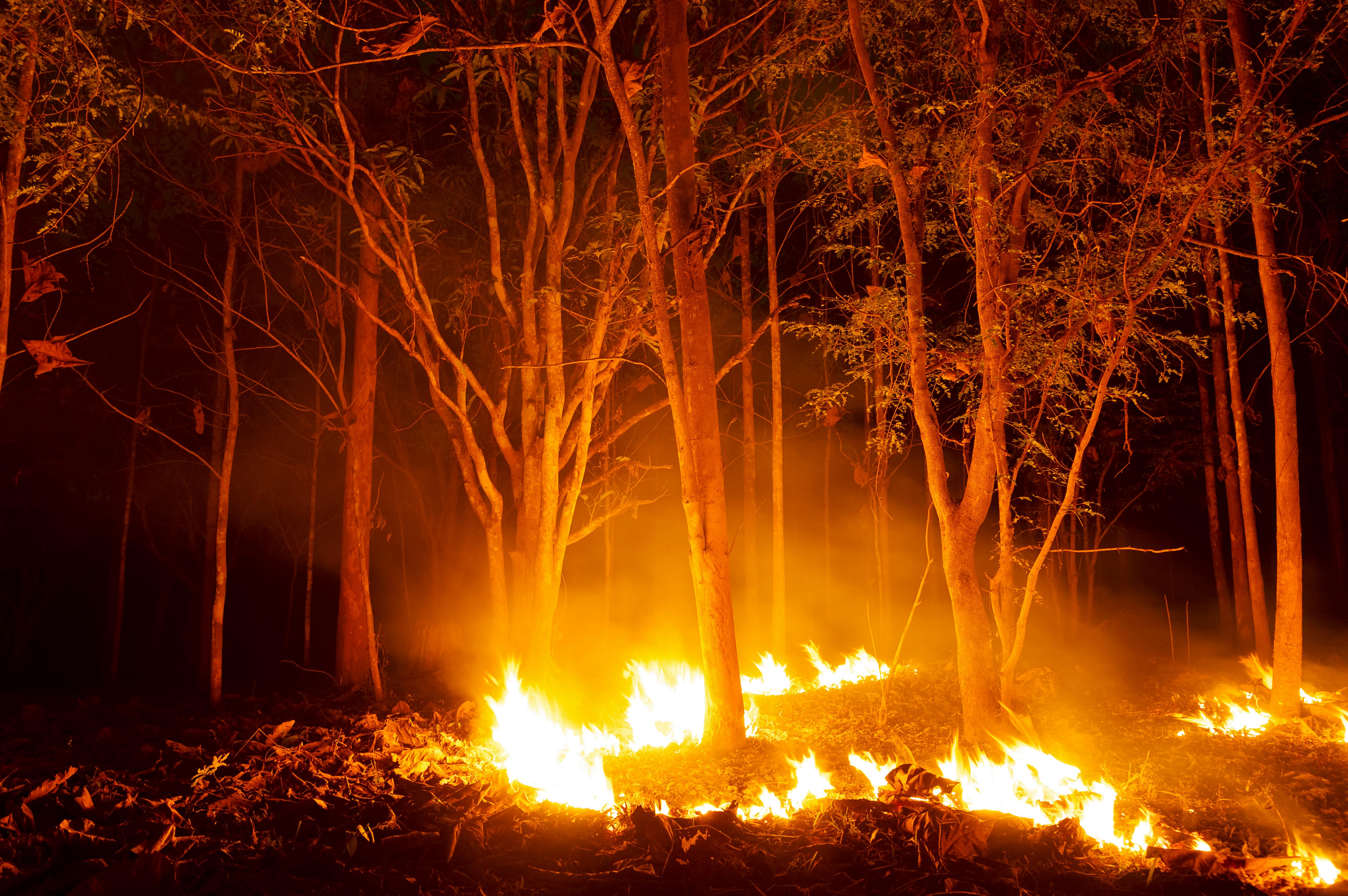
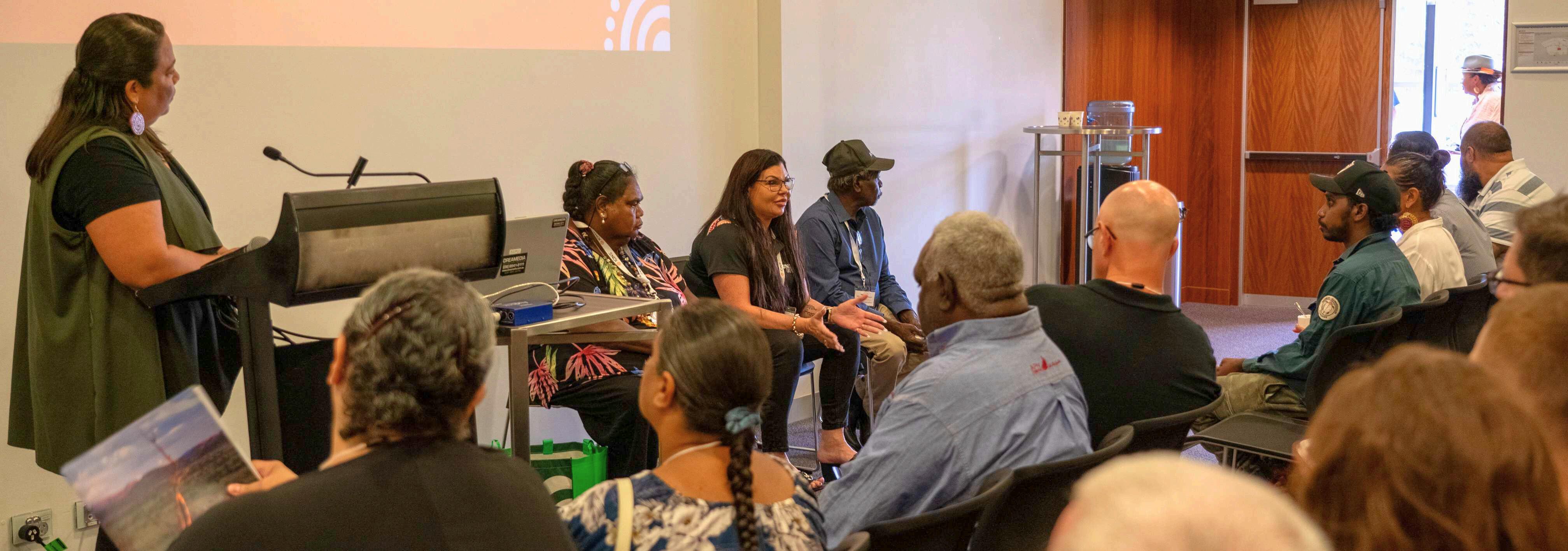
HELD 20-22 FEBRUARY
ON LARRAKIA COUNTRY, DARWIN
Now in its sixth year, the North Australia Savanna Fire Forum facilitates knowledge sharing and improved understanding and practice within the growing, successful and important Indigenous carbon industry.
The Forum sold out, with 400 fire managers, Indigenous land managers, carbon industry practitioners, scientists and policy makers in attendance.
We were warmly welcomed onto Larrakia Country by Larrakia Elder Trent Lee for the smoking ceremony and Cyan Sue Lee for the Welcome to Country.
The Forum’s rich program included the latest in savanna fire management practice and fire science technology as well as First Nations leadership in caring for country and the preservation of ancient fire management practices.
This event plays a pivotal role in driving growth in the Indigenous carbon industry, which is successfully reducing Australia’s greenhouse gas emissions while supporting positive change and transformative outcomes for Indigenous communities.
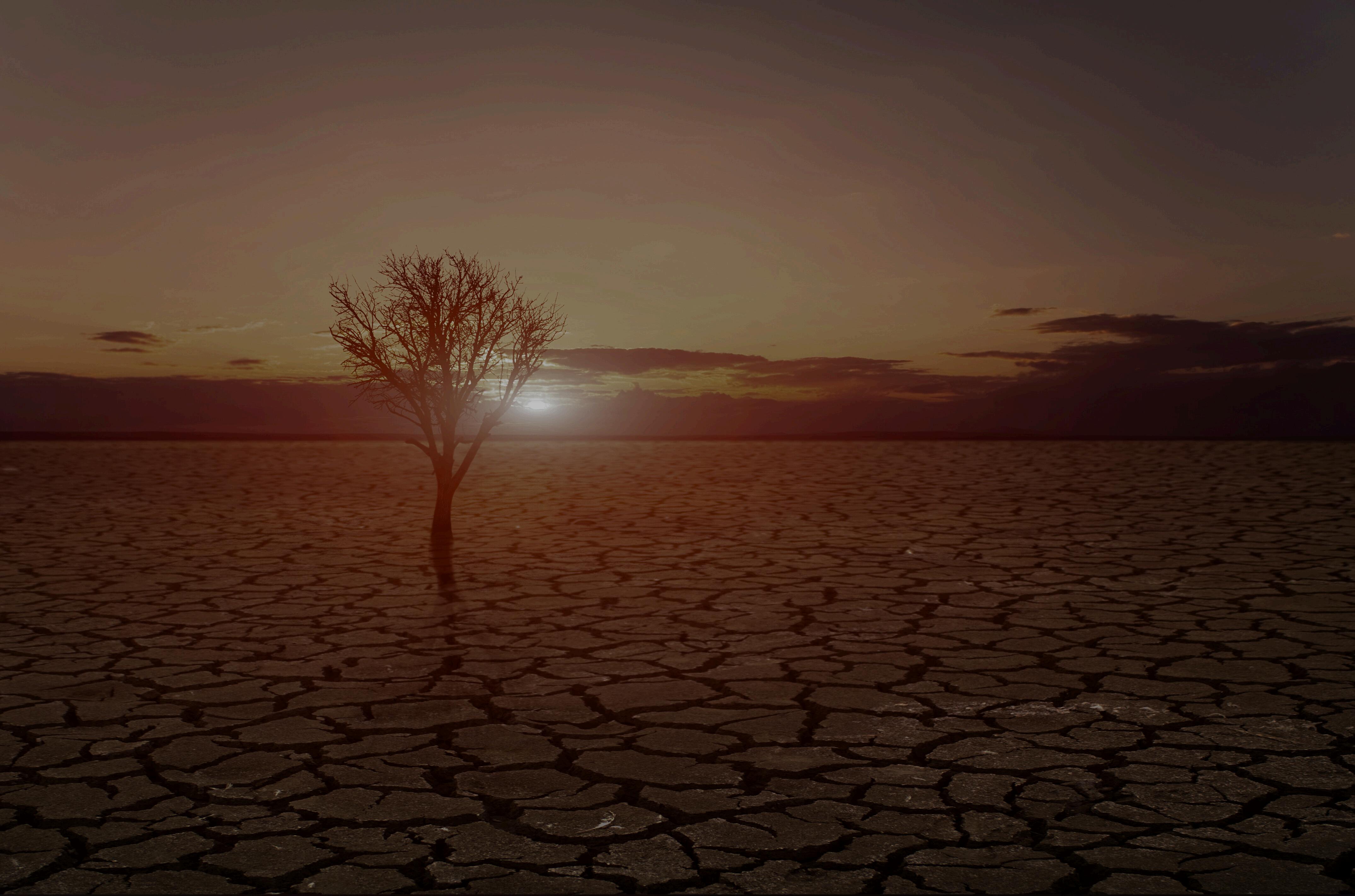
I R E Y A R N S
NEWS
F

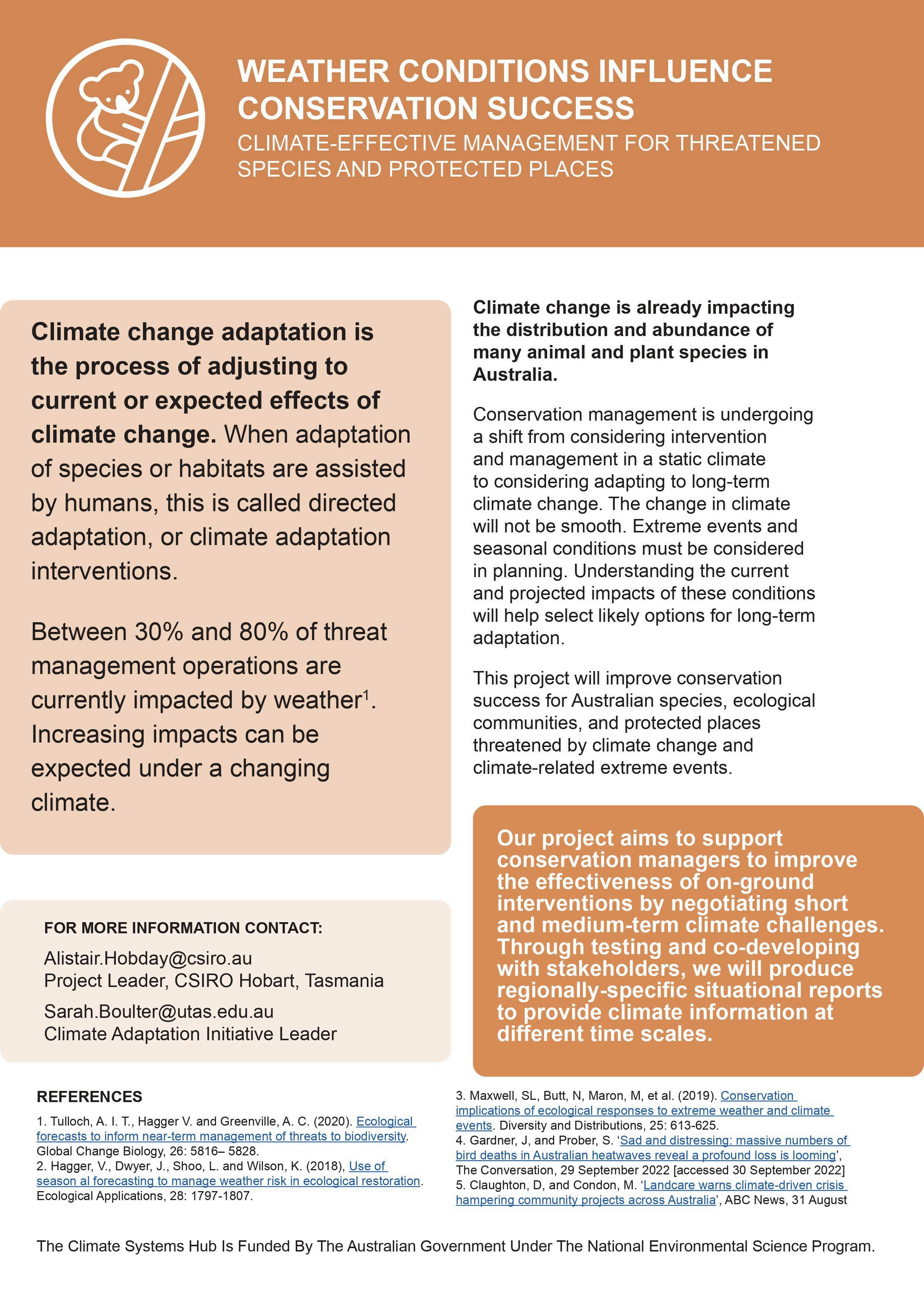

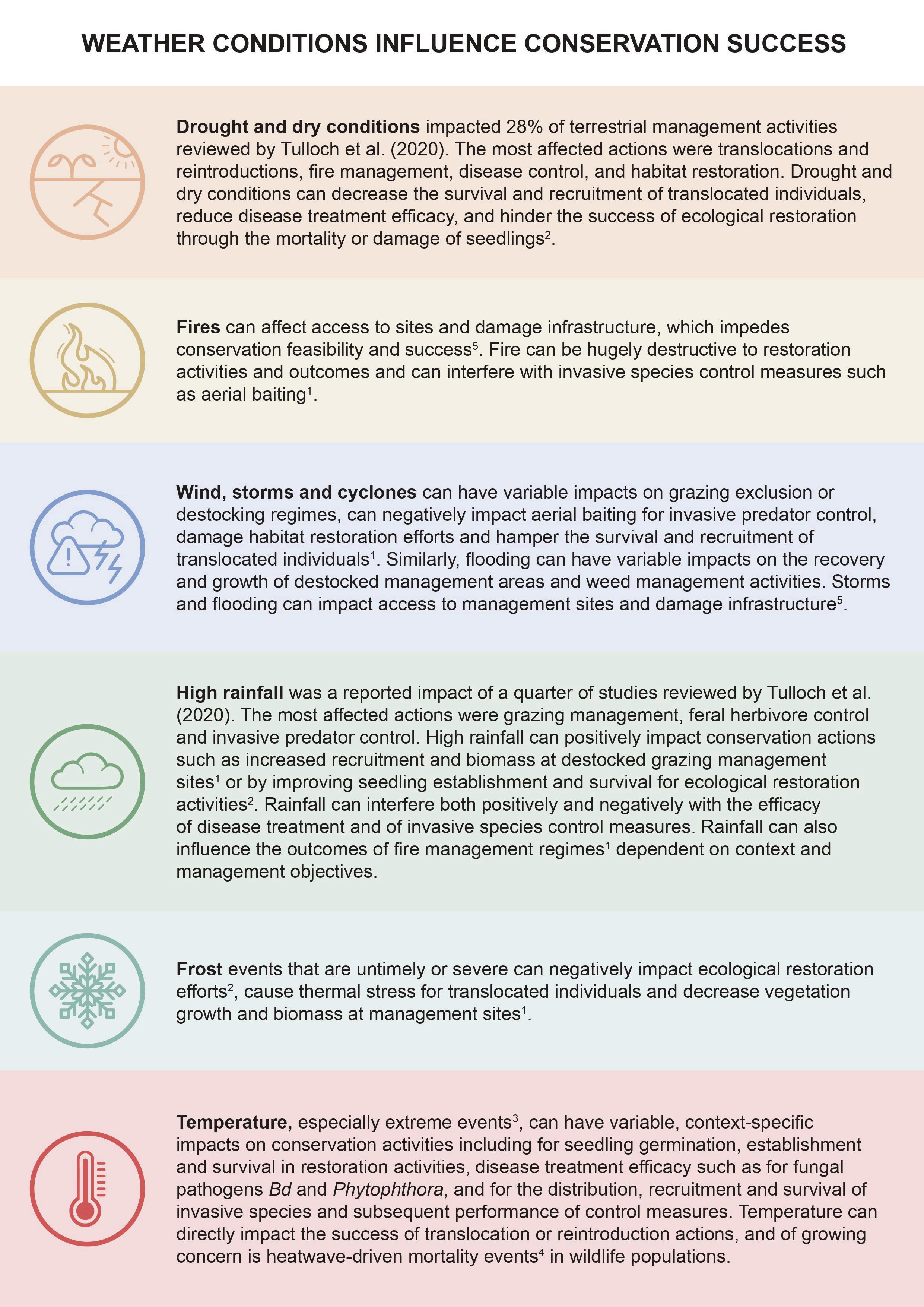
Indigenous Knowledges & Ai
By Bronwyn Carlson and Peita Richards
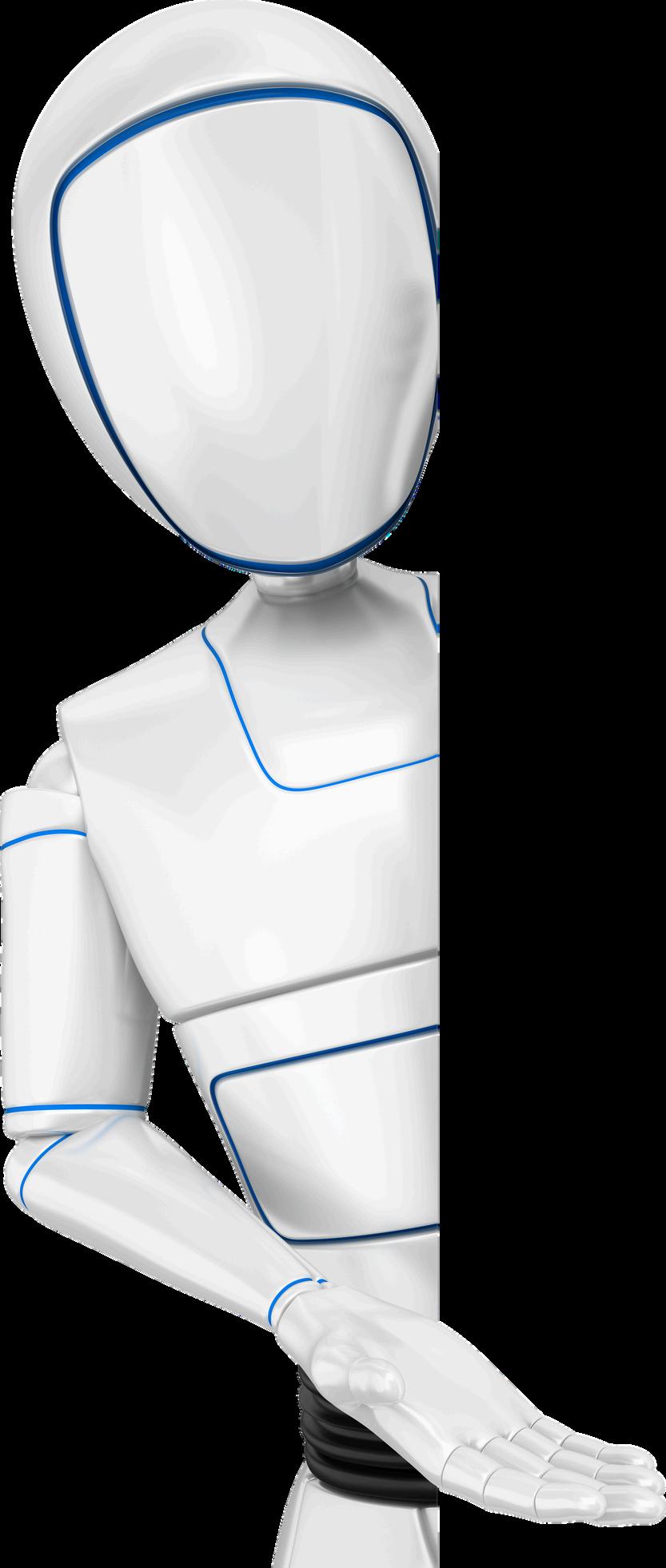
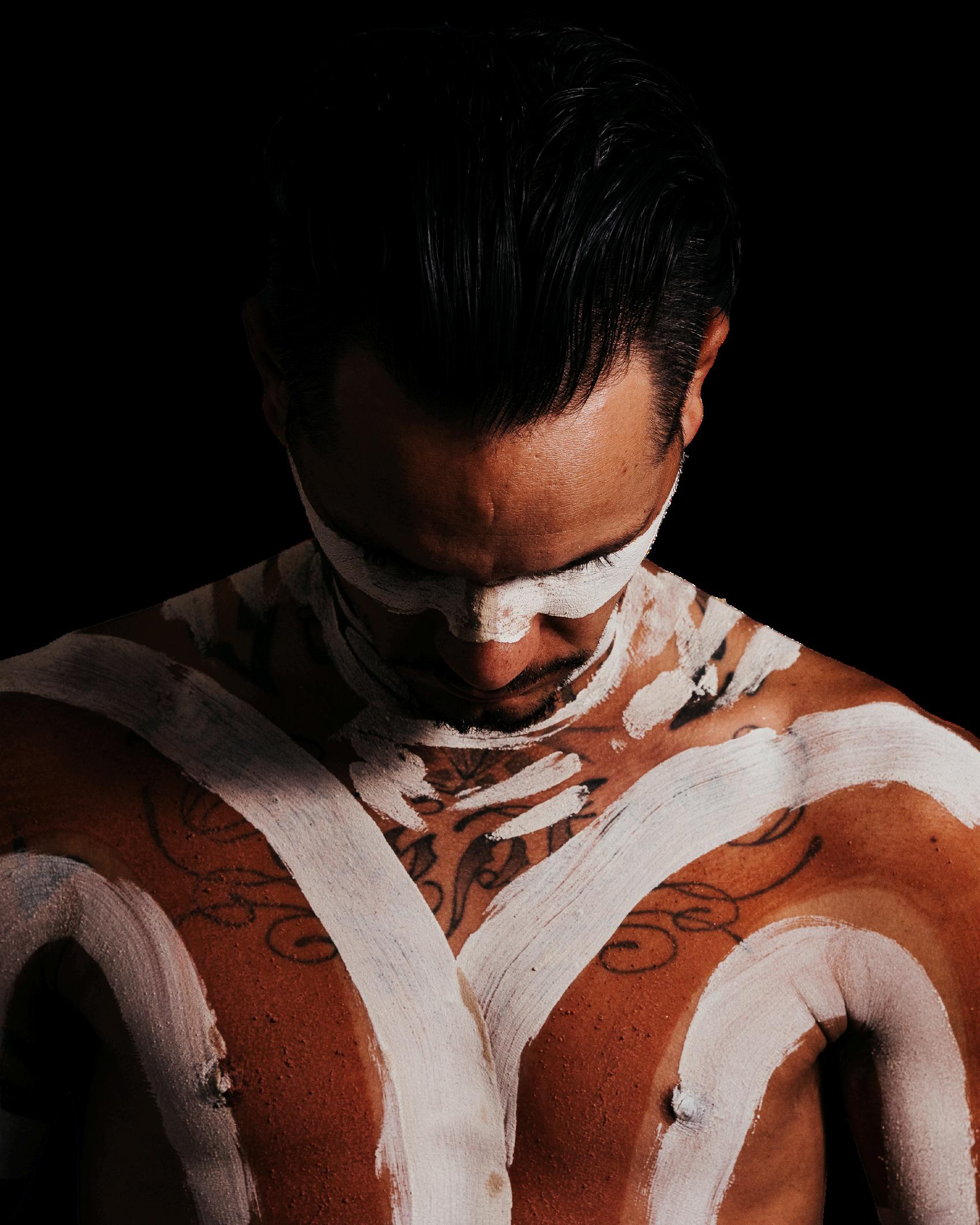
‘Indigenous knowledges informing “machine learning” could prevent stolen art and other culturally unsafe AI practices.’
Artificial intelligence (AI) relies on its creators for training, otherwise known as “machine learning.” Machine learning is the process by which the machine gains its intelligence through outside input
But its behaviour is determined by the information it is provided. And currently, AI is a white male dominated field
How can we ensure the evolution of AI doesn’t further encroach on Indigenous rights and data sovereignty?
AI has the ability to generate art, and anyone can “create” Indigenous art using this machine. Even before AI, Aboriginal art has widely been appropriated and reproduced without attribution, particularly for tourism industries.
And this could worsen with people now being able to generate art through AI. This is an issue not just experienced by Indigenous people, with many artists affected by their art styles being misappropriated.
Indigenous art is embedded with history and connects to culture and Country AIcreated Indigenous art would lack this. There are also implications for financial gain bypassing Indigenous artists and going to the producers of the technology.
Including Indigenous people in creating AI or deciding what AI can learn, could help minimise exploitation of Indigenous artists and their art.

This article was first published in The Conversation. Read more by visiting theconversation.com/au
What is Indigenous Data Sovereignty?
In Australia there is a long history of collecting data about Aboriginal and Torres Strait Islander people. But there has been little data collected for or with Aboriginal and Torres Strait Islander people. Aboriginal scholars Maggie Walter and Jacon Prehn write of this in the context of the growing Indigenous Data Sovereignty movement
Indigenous Data Sovereignty is concerned with the rights of Indigenous peoples to own, control, access and possess their own data, and decide who to give it to. Globally, Indigenous peoples are pushing for formal agreements on Indigenous Data Sovereignty.
Many Indigenous people are concerned with how the data involving our knowledges and cultural practices is being used. This has resulted in some Indigenous lawyers finding ways to integrate intellectual property with cultural rights.
Māori scholar Karaitiana Taiuru says:
“If Indigenous peoples don’t have sovereignty of their own data, they will simply be re-colonised in this information society.”

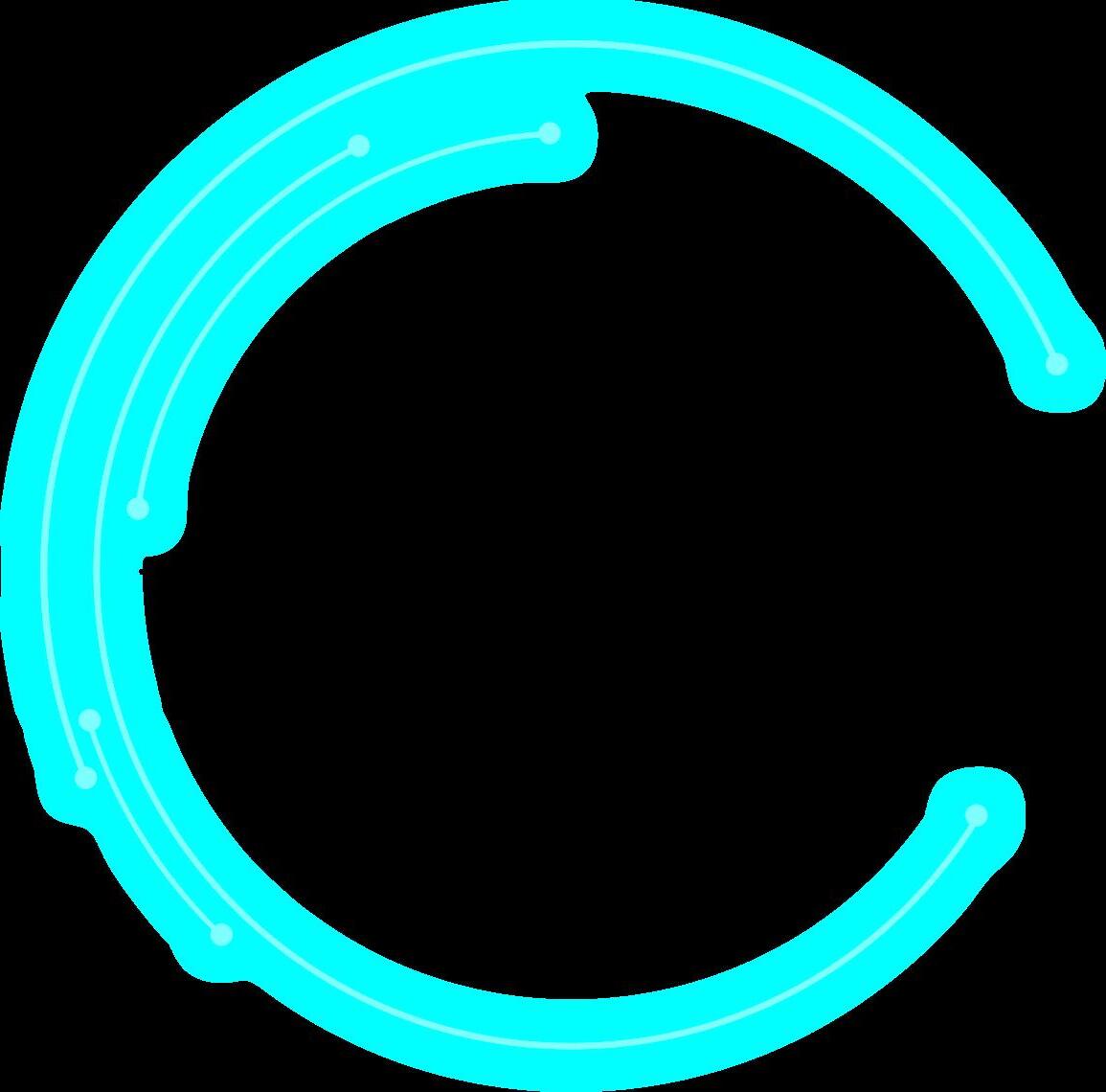
How mob have been using AI
Indigenous people are already collaborating on research that draws on Indigenous knowledges and involves AI. In the wetlands of Kakadu, rangers are using AI and Indigenous knowledges to care for Country.
A weed called para grass is having a negative impact on magpie geese, which have been in decline While the Kakadu rangers are doing their best to control the issue, the sheer size of the area (two million hectares) makes this difficult.
Collecting and analysing information about magpie geese and the impact of para grass using drones is having a positive influence on goose numbers.
Projects like these are vital given the loss of biodiversity around the globe that is causing species extinctions and ecosystem loss at alarming rates. As a result of this collaboration thousands of geese are returning to Country to roost
Bronwyn Carlson is from Macquarie University, and Peita Richards is from Charles Sturt University.
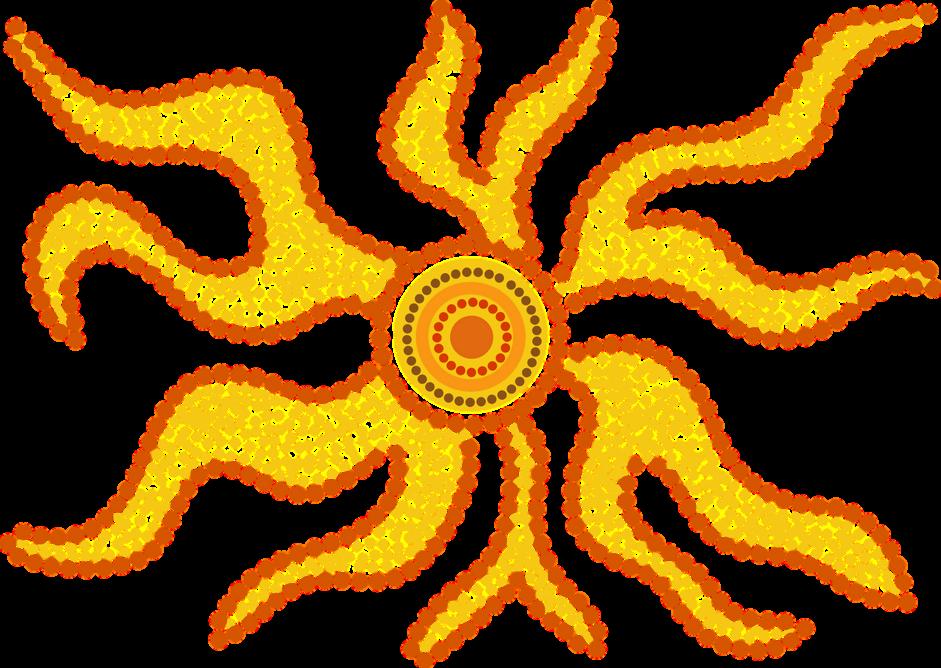
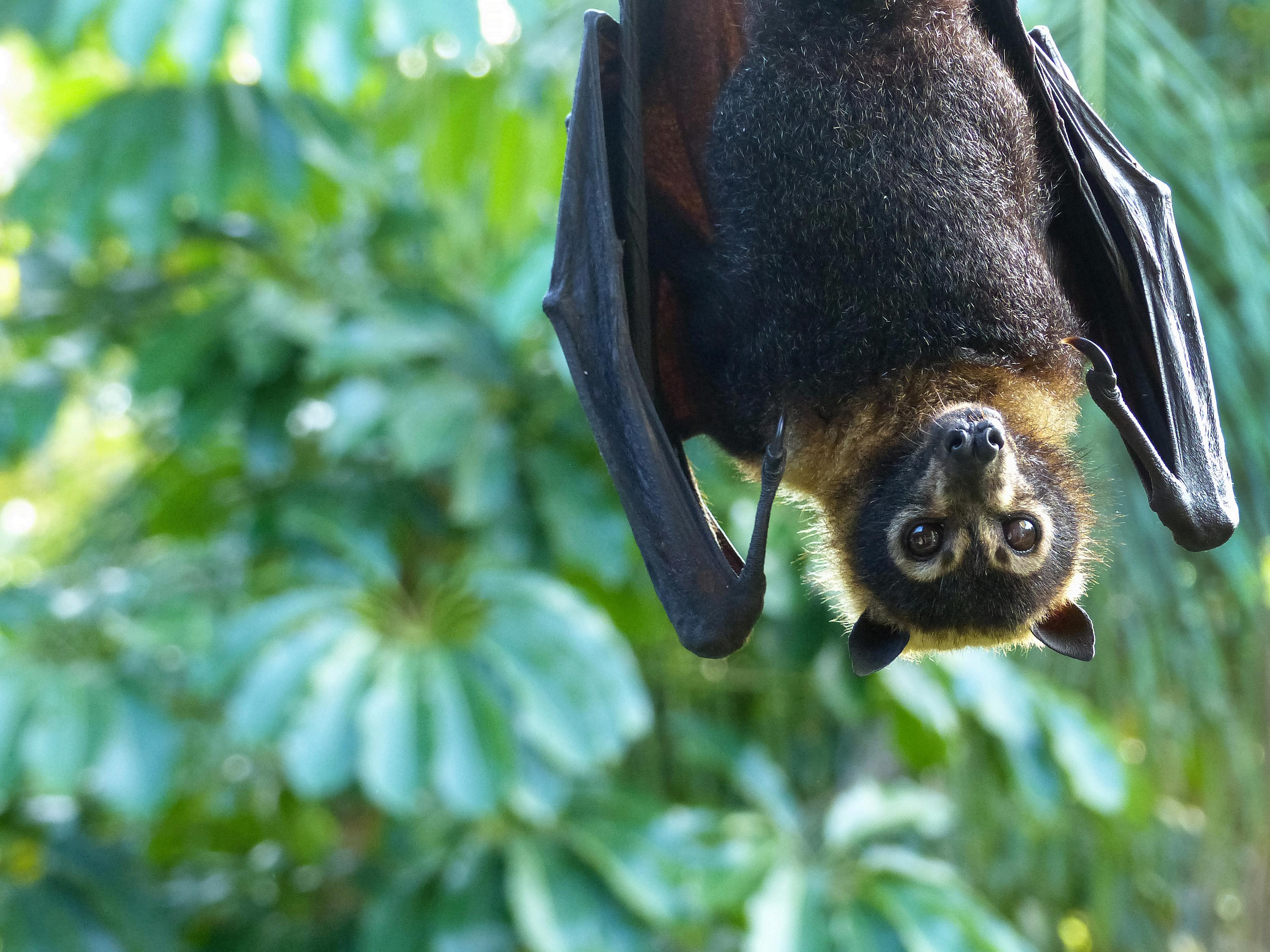
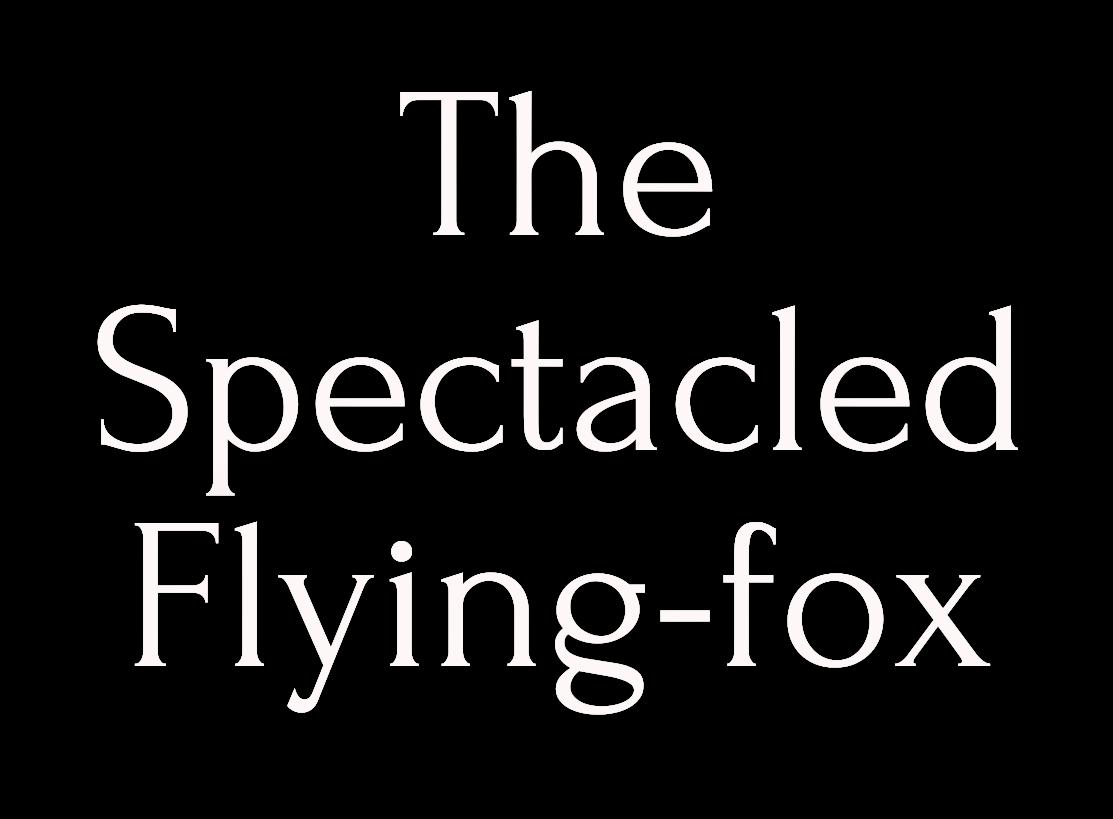
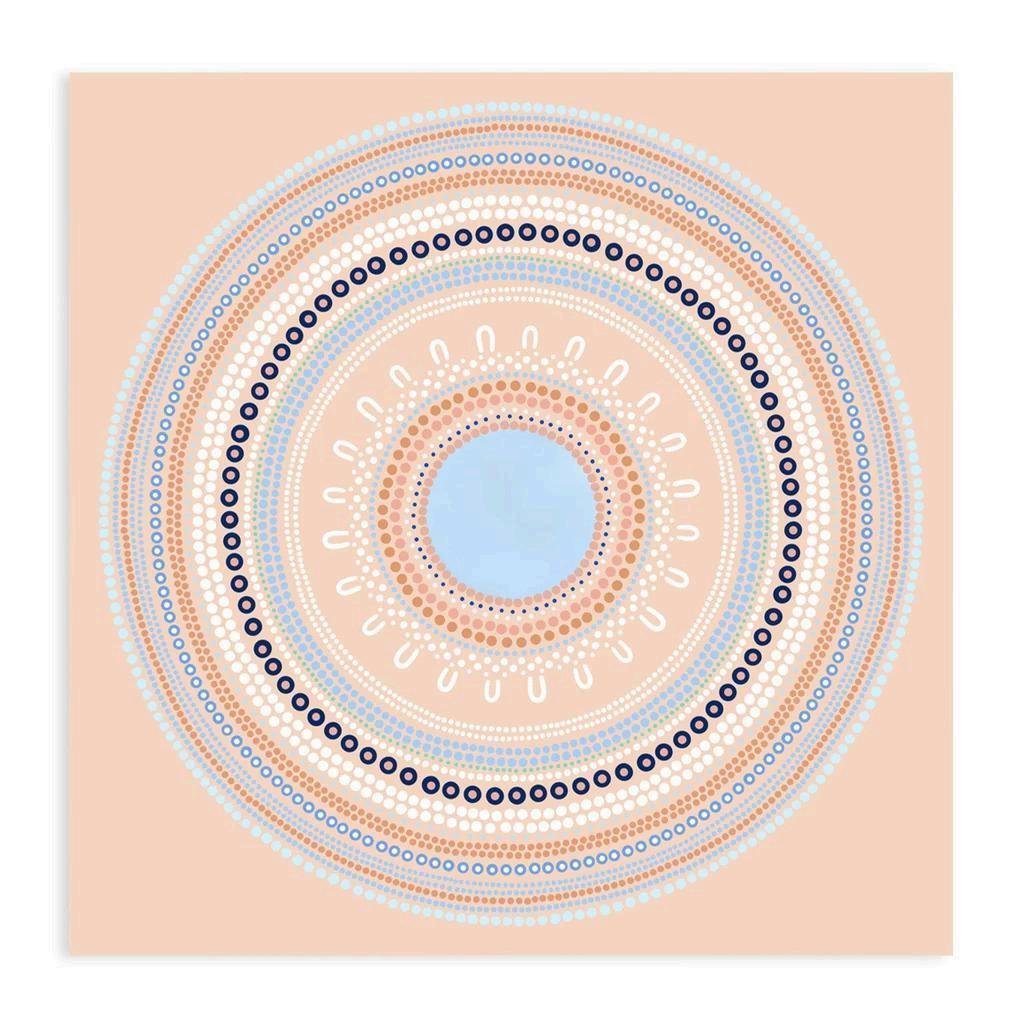
For far too long, bats have instilled fear and inspired bad omens in many cultures around the world.
Vilified in the media, these deeply misunderstood and misrepresented creatures are incredibly unique animals that play a vital role in Australia’s ecosystem.
In a world where attitudes towards sustainability are continuously changing and evolving, it is vital that students of today move away from misinformed historical stereotypes in order to develop a strong understanding and appreciation for this amazing creature the only mammal capable of sustained flight.
Flying-foxes are hard-working, they are FIFO workers on the night shift flying out from their camps at dusk to feed on flowering or fruiting plants and trees And then they do the incredibly important job of spreading pollen and seeds up to 60,000 seeds each along a 50km stretch of land every night! When their crucial work is done, they head back to camp before dawn to sleep through the day, ready for their next shift. Their contribution to the health of our native forests cannot be overstated.
National Celebrations and Culturally Important Dates for 2024
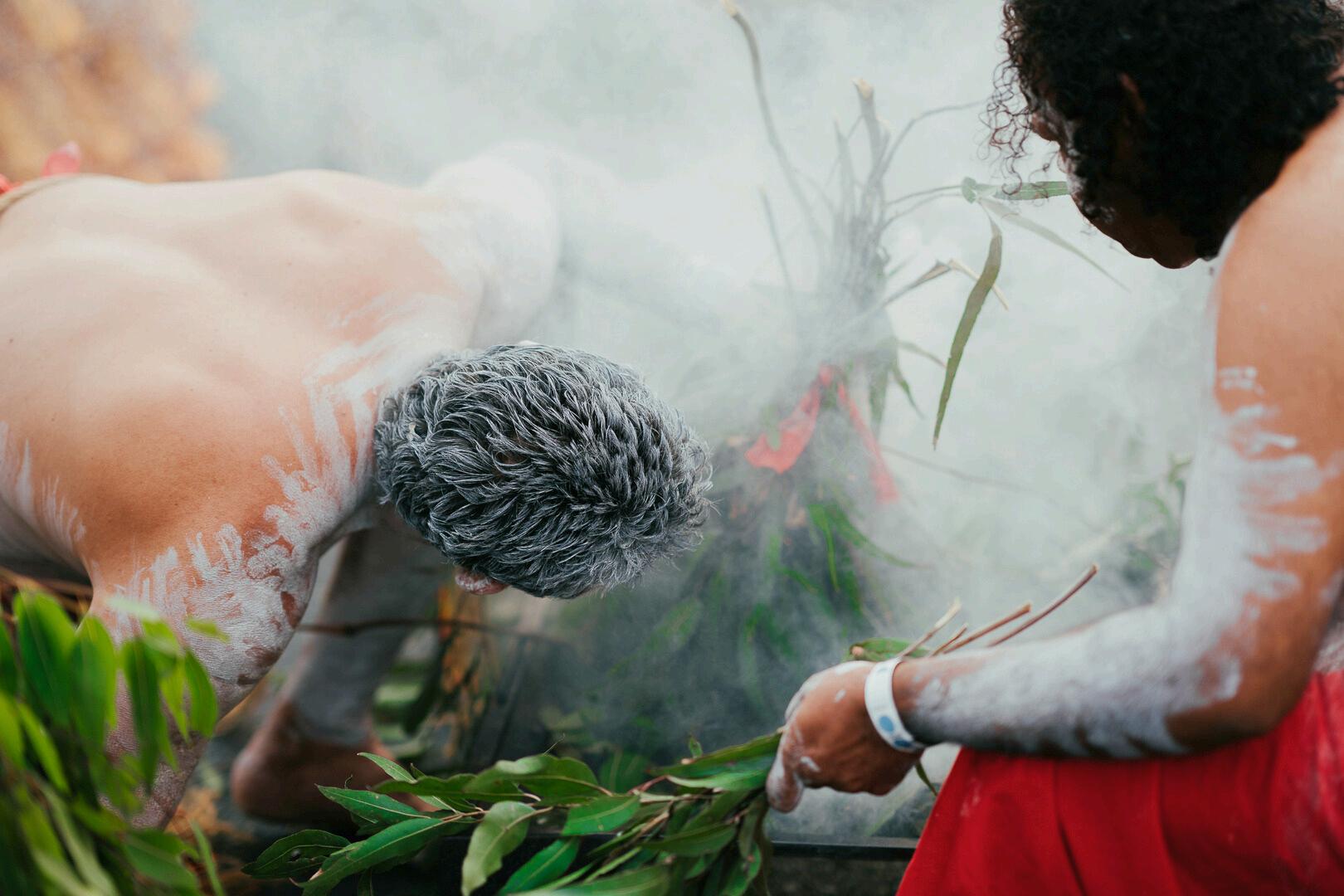
The following is a list of culturally important dates that celebrate or recognise Aboriginal and Torres Strait Islander peoples and culture.
26 May — National Sorry Day provides an opportunity for people to come together and share the journey towards healing for the Stolen Generations, their families and communities.
27 May 1967 Referendum. The referendum was a landmark achievement following decades of activism by Aboriginal and Torres Strait Islander and non-Indigenous people, where more than 90% of Australians voted to amend two sections of the Australian Constitution
27 May to 3 June — National Reconciliation Week celebrations commemorate two significant milestones in the reconciliation journey — the anniversaries of the successful 1967 Referendum and the High Court Mabo Decision.
3 June — Mabo Day. On 3 June 1992, the High Court of Australia overturned the principle of "terra nullius" or "nobody's land" as claimed by the British when they first arrived in this country. The decision paved the way for Native Title legislation.
1 July The Coming of the Light is celebrated annually by Torres Strait Islander peoples It marks the adoption of Christianity through island communities during the late 19th century.
7 July to 14 July NAIDOC Week events are held to celebrate history, culture and achievements of Aboriginal peoples and Torres Strait Islander peoples.
4 August National Aboriginal and Torres Strait Islander Children's Day is an opportunity to learn about the crucial impact that community, culture and family play in the life of every Aboriginal and Torres Strait Islander child.
9 August International Day of the World's Indigenous Peoples. On this day, people from around the world are encouraged to spread the United Nations’ message on the protection and promotion of the rights of Indigenous peoples.
4 September — Indigenous Literacy Day is a celebration of culture, stories, language and literacy. The day raises awareness of the disadvantages experienced in remote communities and advocates for more access to literacy resources.
13 September Anniversary of the UN Declaration on the Rights of Indigenous People. The declaration was adopted by the UN General Assembly on Thursday 13 September 2007.
16–18 AUGUST
The free festival boasts a wide range of musical talent along with a fantastic art exhibition, food and market stalls and much more.

Normanton (16 Aug), Croydon (17 Aug) and Georgetown (18 Aug)
Learn how to provide first aid to a casualty in a situation where medical assistance is likely to be delayed. Participants receive accreditation. Contact vickie.mylrea@gulfsavannahnrm.org for details.
Arnold Park, Mareeba
The free festival includes dance and music by hundreds of performers and fabulous food stalls, providing opportunities to experience many different cuisines.

R e m o t e F i r s t A i d T r a i n i n g
M a r e e b a M u l t i c u l t u r a l F e s t i v a l 31 AUGUST 20 JULY LOCAL
C h i l l a g o e F e s t i v a l gulfsavannahnrm.org
EVENTS
















































